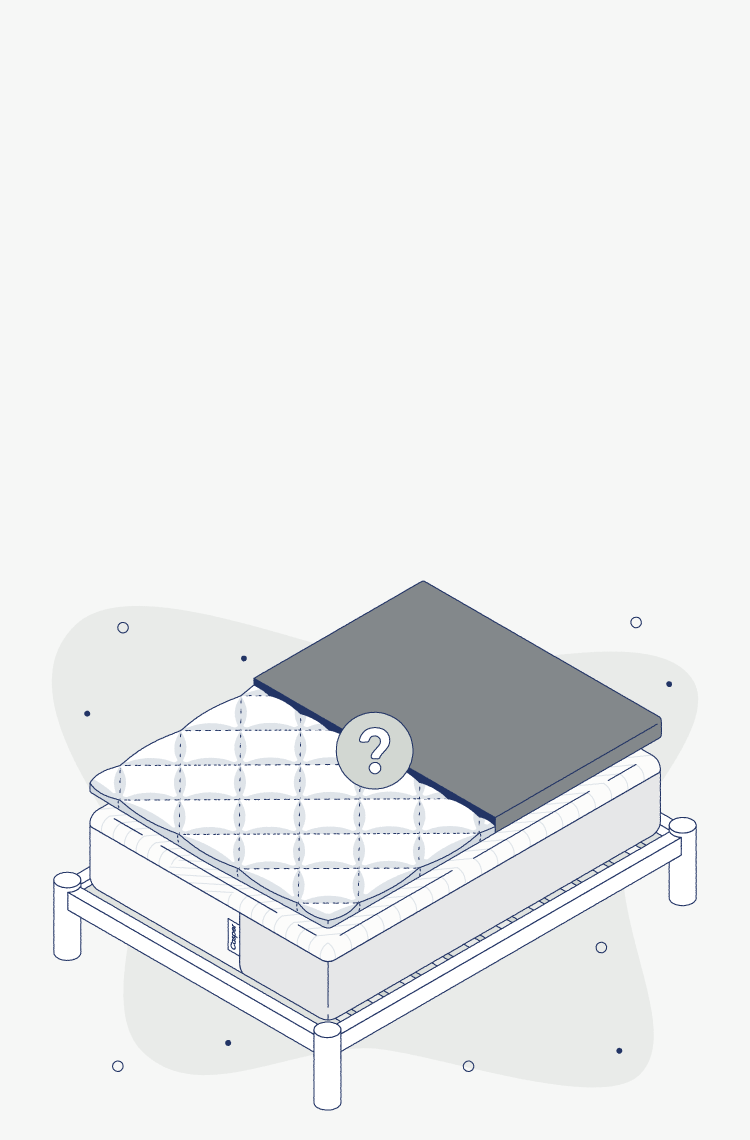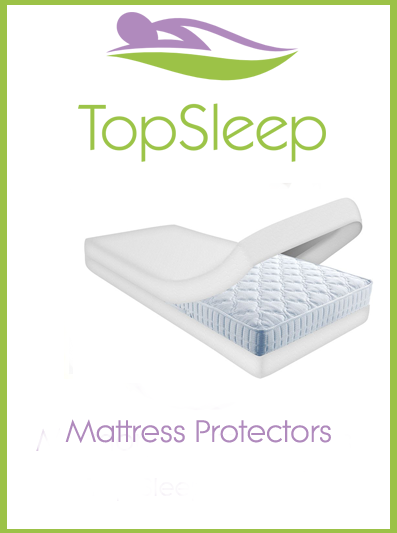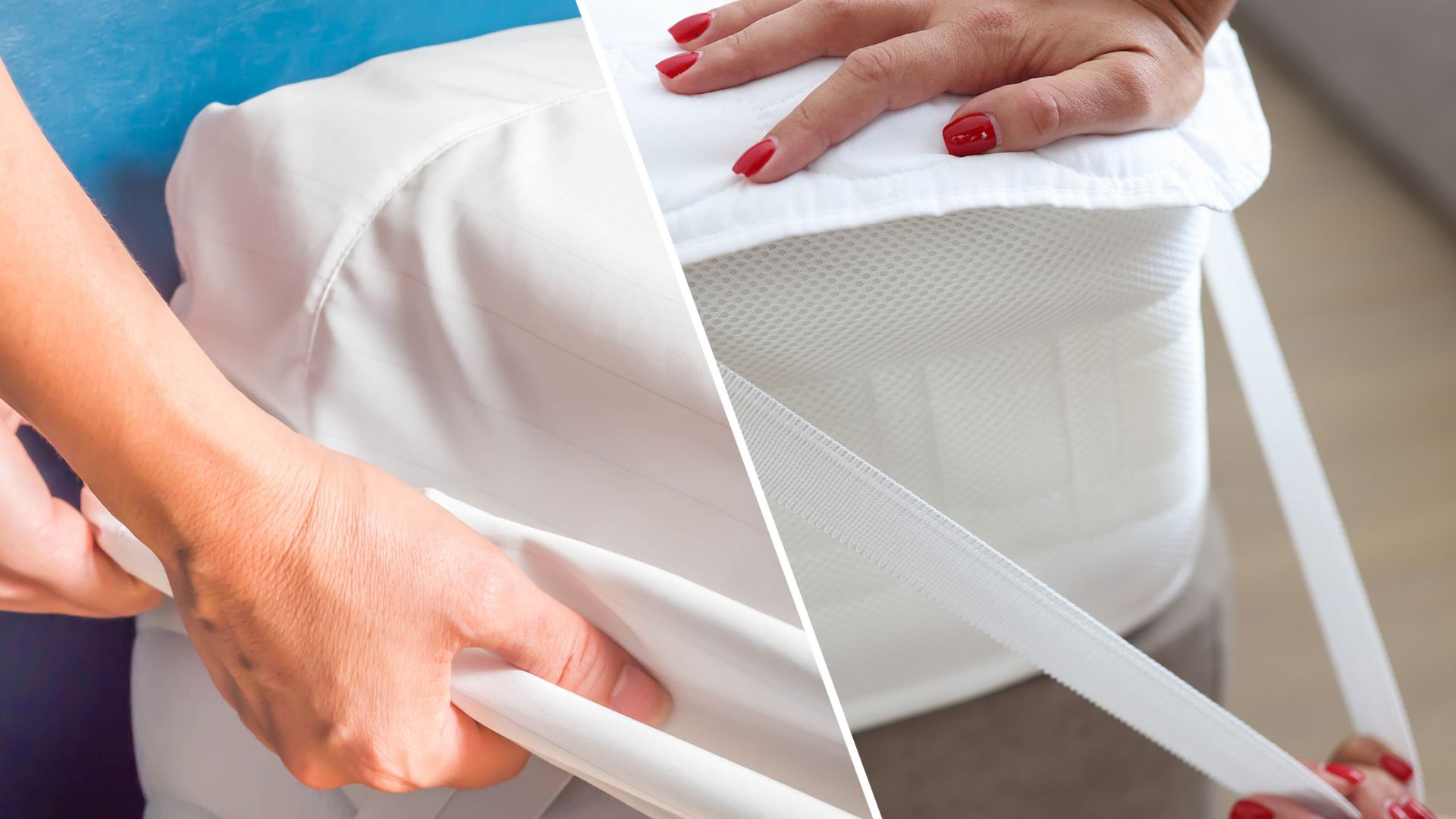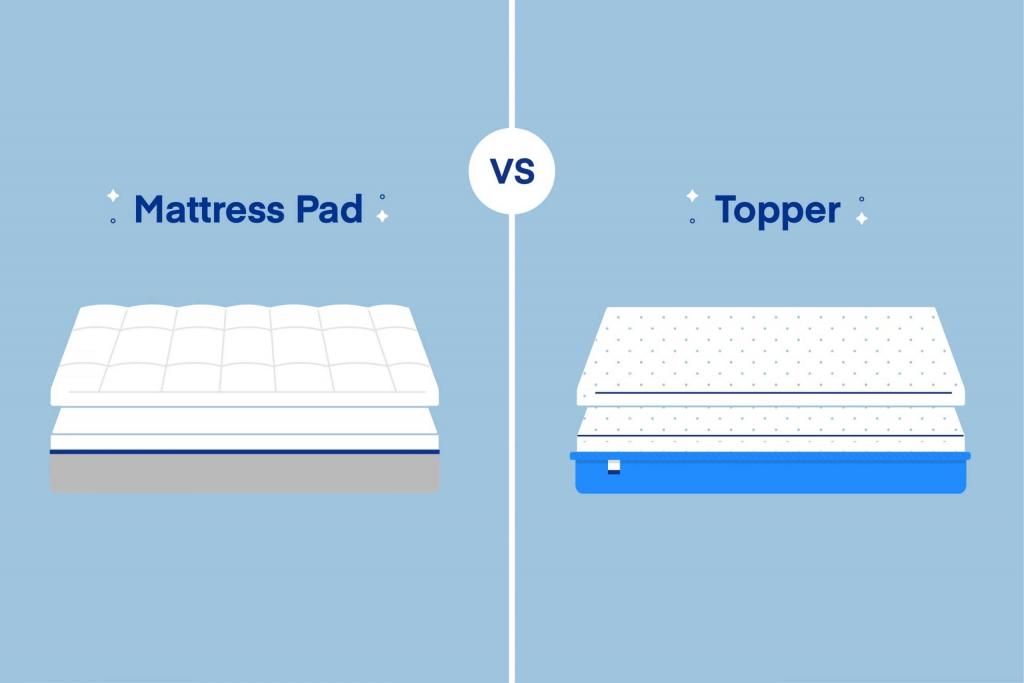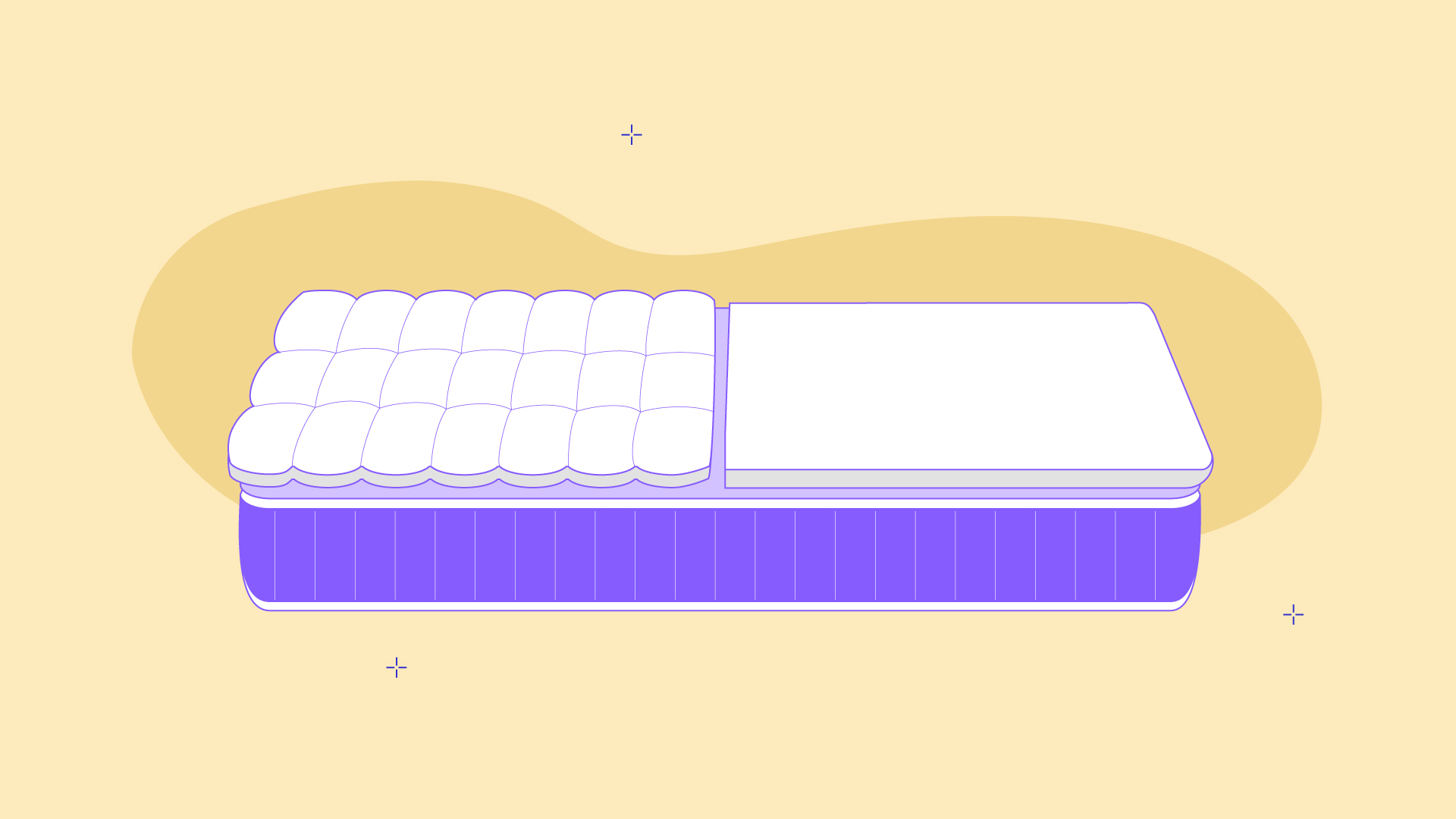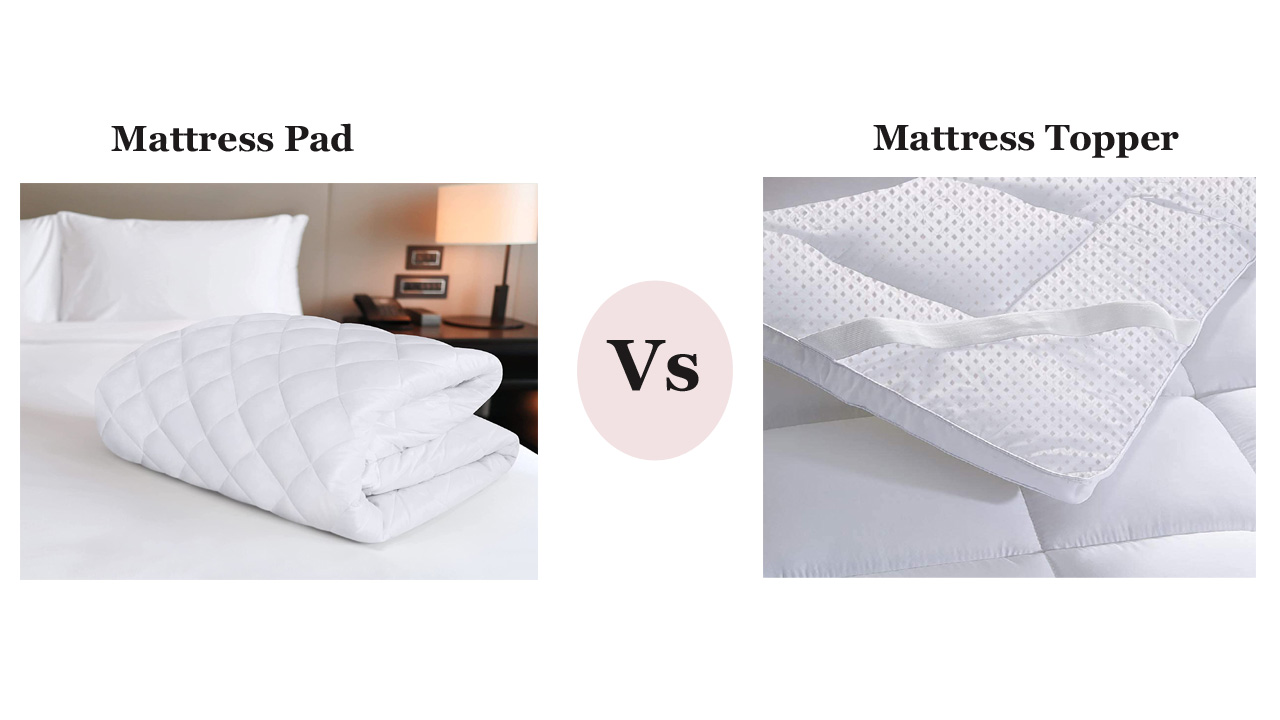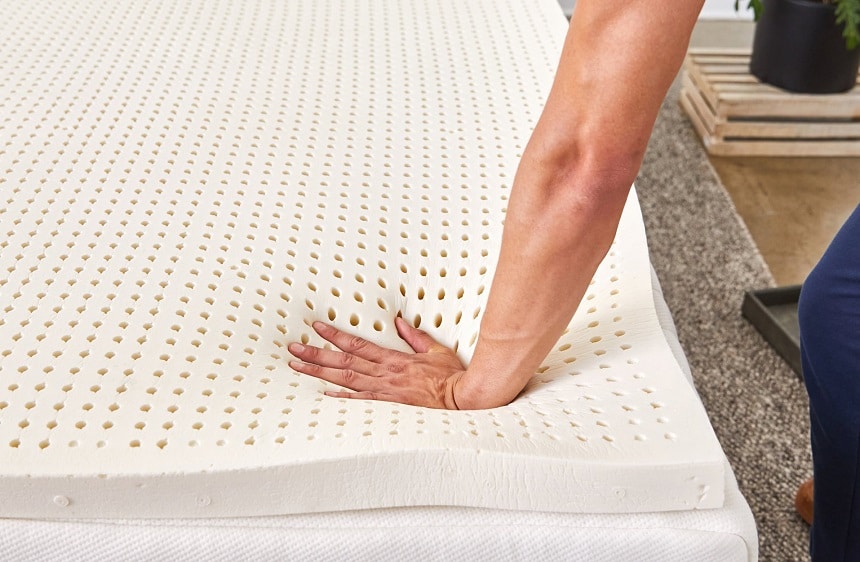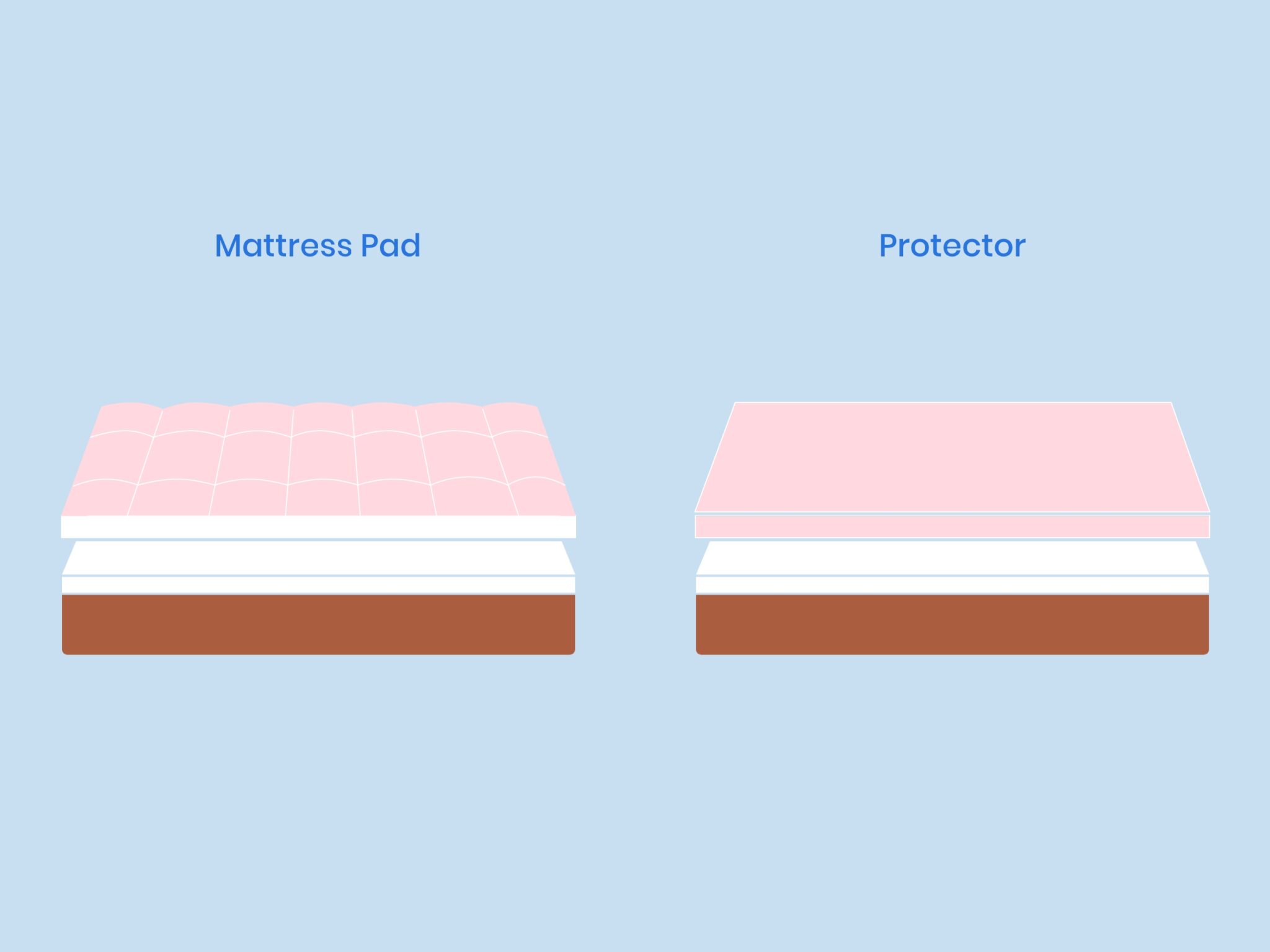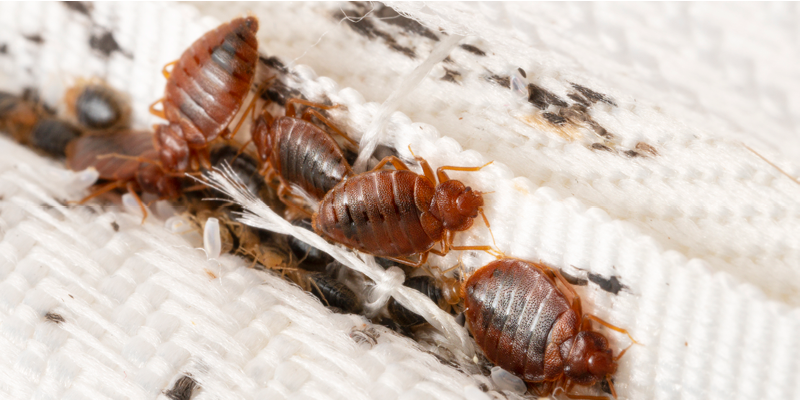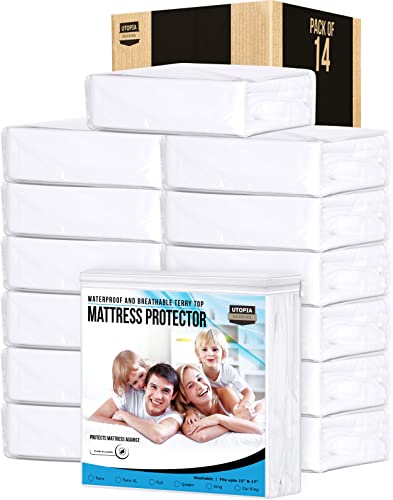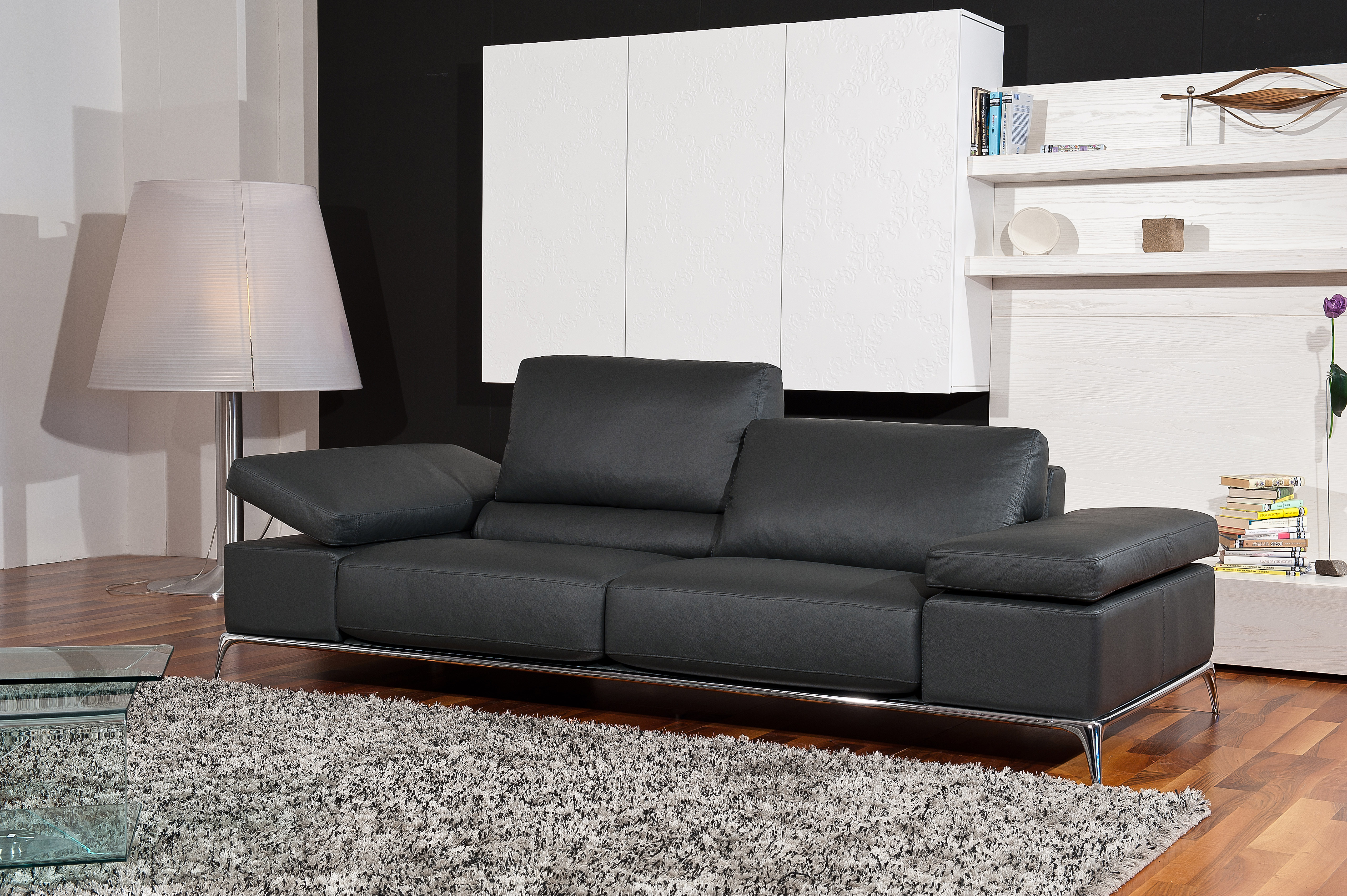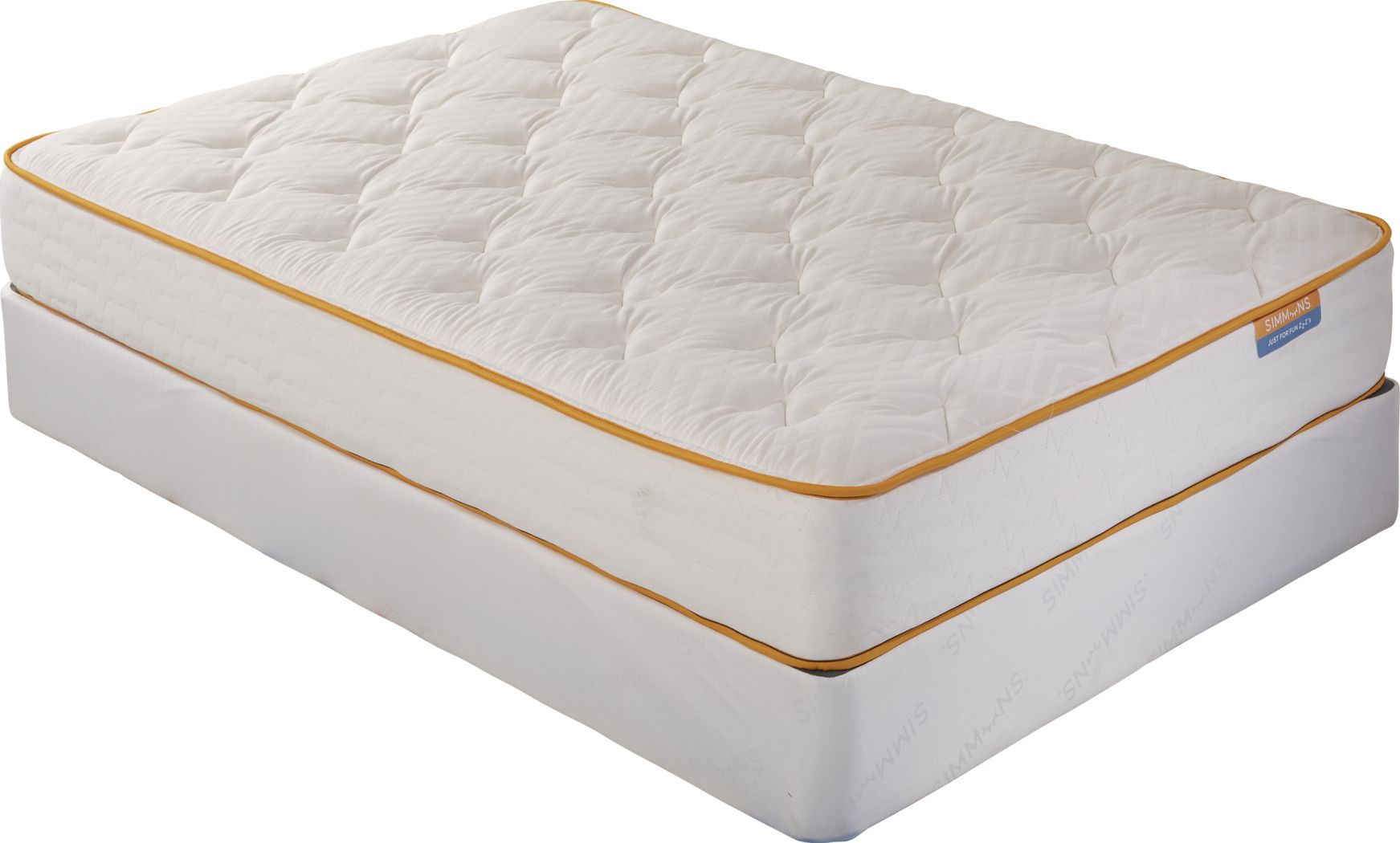When it comes to protecting your mattress, a mattress protector is an essential investment. While some may see it as an unnecessary expense, a good quality mattress protector can actually save you money in the long run. Not only does it keep your mattress clean and stain-free, but it also provides a barrier against allergens, dust mites, and other potential irritants. Plus, with the right mattress protector, you can significantly extend the lifespan of your mattress, making it a worthwhile investment for any bed owner.Why You Need a Mattress Protector
Many people wonder if a mattress protector is necessary, especially if they already have a mattress pad or a waterproof sheet. However, a mattress protector offers unique benefits that other bedding accessories cannot provide. For starters, it protects against spills and stains, which can damage your mattress and void its warranty. It also creates a barrier between you and your mattress, preventing sweat, dead skin cells, and other bodily fluids from seeping into the mattress and causing it to deteriorate over time.Do You Really Need a Mattress Protector?
In addition to protecting your mattress from unwanted substances, a mattress protector offers a range of other benefits. For starters, it can help reduce allergens in your sleeping environment, making it a must-have for individuals with allergies or asthma. It also helps maintain the hygiene of your mattress, ensuring that your bed remains a clean and healthy place to sleep. Furthermore, a mattress protector can be easily removed and washed, making it a convenient and practical choice for any bed.Benefits of Using a Mattress Protector
Investing in a good quality mattress can be expensive, so it's important to protect it and make it last as long as possible. A mattress protector can help with this by creating a barrier between your body and the mattress, preventing sweat, oils, and other substances from seeping into the mattress and causing it to deteriorate. This can significantly extend the lifespan of your mattress and save you money in the long run, as you won't have to replace it as often.How a Mattress Protector Can Extend the Life of Your Mattress
When shopping for a mattress protector, there are a few key factors to consider. First and foremost, it should be waterproof and able to protect against spills and stains. It should also be breathable and comfortable to sleep on, as well as easy to clean and maintain. Additionally, look for a protector that is hypoallergenic and dust mite resistant, especially if you have allergies or asthma. Finally, consider the size and fit of the protector, as it should snugly cover your mattress without being too loose or too tight.What to Look for in a Mattress Protector
There are several types of mattress protectors available, each with its own unique features and benefits. The most common types include fitted, encasement, and zippered protectors. A fitted protector is similar to a fitted sheet and easily slips over the mattress, while an encasement protector fully encloses the mattress and is ideal for protecting against bed bugs. A zippered protector is similar to an encasement but has a zipper for easier removal and washing.Types of Mattress Protectors and Which One is Right for You
To ensure your mattress protector remains effective and long-lasting, it's important to clean and care for it properly. Most mattress protectors can be machine washed, but be sure to check the label for specific instructions. It's recommended to wash your protector at least once every 2-3 months, or more frequently if needed. Additionally, avoid using harsh chemicals or bleach when washing, as this can damage the protector's waterproof coating. Hang or air dry the protector to avoid shrinking or warping.How to Clean and Care for Your Mattress Protector
While mattress protectors and mattress pads may seem similar, they serve different purposes. A mattress protector is primarily designed to protect against spills, stains, and allergens, while a mattress pad is meant to provide additional comfort and padding to your mattress. While some mattress pads may offer some level of protection, they are usually not waterproof and may not provide the same level of protection as a mattress protector. Ultimately, it's recommended to use both a mattress protector and a mattress pad for maximum protection and comfort.Mattress Protectors vs Mattress Pads: What's the Difference?
Yes, a good quality mattress protector can help protect against allergens and dust mites. Most protectors are made with hypoallergenic materials and have a tight weave that prevents allergens and dust mites from settling into your mattress. However, it's important to note that a mattress protector is not a complete solution for allergies and other respiratory issues. Regular cleaning and maintenance of your bedding is still necessary to keep allergens at bay.Do Mattress Protectors Really Protect Against Allergens and Dust Mites?
There are many mattress protector brands on the market, each with their own unique features and benefits. Some popular brands include SafeRest, SureGuard, and Linenspa. When choosing a brand, consider the features that are most important to you, such as waterproofing, breathability, and hypoallergenic properties. It's also helpful to read reviews and do some research to find the best brand and protector for your specific needs and budget.Top Mattress Protector Brands and Their Features
Why You Should Invest in a Mattress Protector

Protect Your Mattress Investment
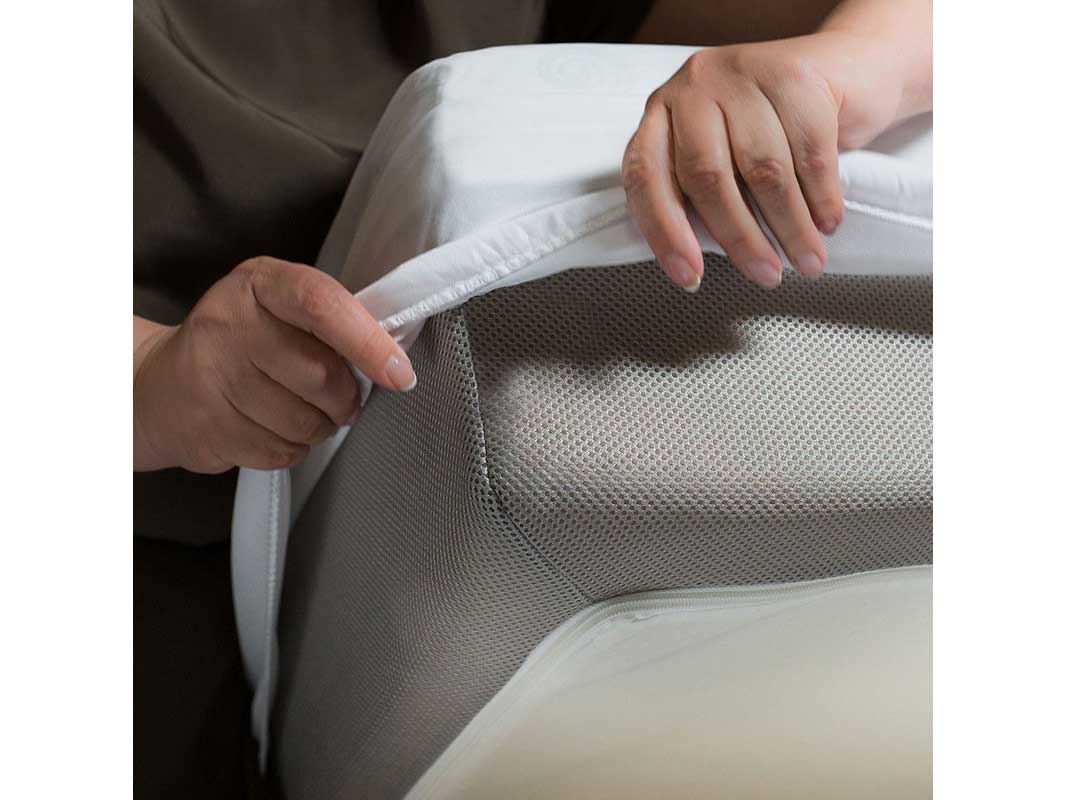 A mattress is a major investment in your sleep and overall health. It's important to keep your mattress in good condition for as long as possible. A
mattress protector
serves as a barrier between your body and the mattress, protecting it from spills, stains, and general wear and tear. This can extend the lifespan of your mattress and save you from having to replace it sooner than necessary.
A mattress is a major investment in your sleep and overall health. It's important to keep your mattress in good condition for as long as possible. A
mattress protector
serves as a barrier between your body and the mattress, protecting it from spills, stains, and general wear and tear. This can extend the lifespan of your mattress and save you from having to replace it sooner than necessary.
Keep Your Mattress Clean and Hygienic
 Whether you realize it or not, your mattress accumulates a lot of dirt, sweat, and dead skin cells over time. Without a
mattress protector
, these substances can seep into your mattress and create a breeding ground for bacteria and allergens. A mattress protector acts as a protective layer, keeping your mattress clean and hygienic for a healthier sleep environment.
Whether you realize it or not, your mattress accumulates a lot of dirt, sweat, and dead skin cells over time. Without a
mattress protector
, these substances can seep into your mattress and create a breeding ground for bacteria and allergens. A mattress protector acts as a protective layer, keeping your mattress clean and hygienic for a healthier sleep environment.
Prevent Bed Bugs and Dust Mites
 Bed bugs and dust mites are common pests that can infest your mattress and cause discomfort and potential health issues. A
mattress protector
creates a barrier that prevents these pests from burrowing into your mattress and making it their home. This can save you from having to deal with a costly and stressful bed bug or dust mite infestation.
Bed bugs and dust mites are common pests that can infest your mattress and cause discomfort and potential health issues. A
mattress protector
creates a barrier that prevents these pests from burrowing into your mattress and making it their home. This can save you from having to deal with a costly and stressful bed bug or dust mite infestation.
Easy to Clean and Maintain
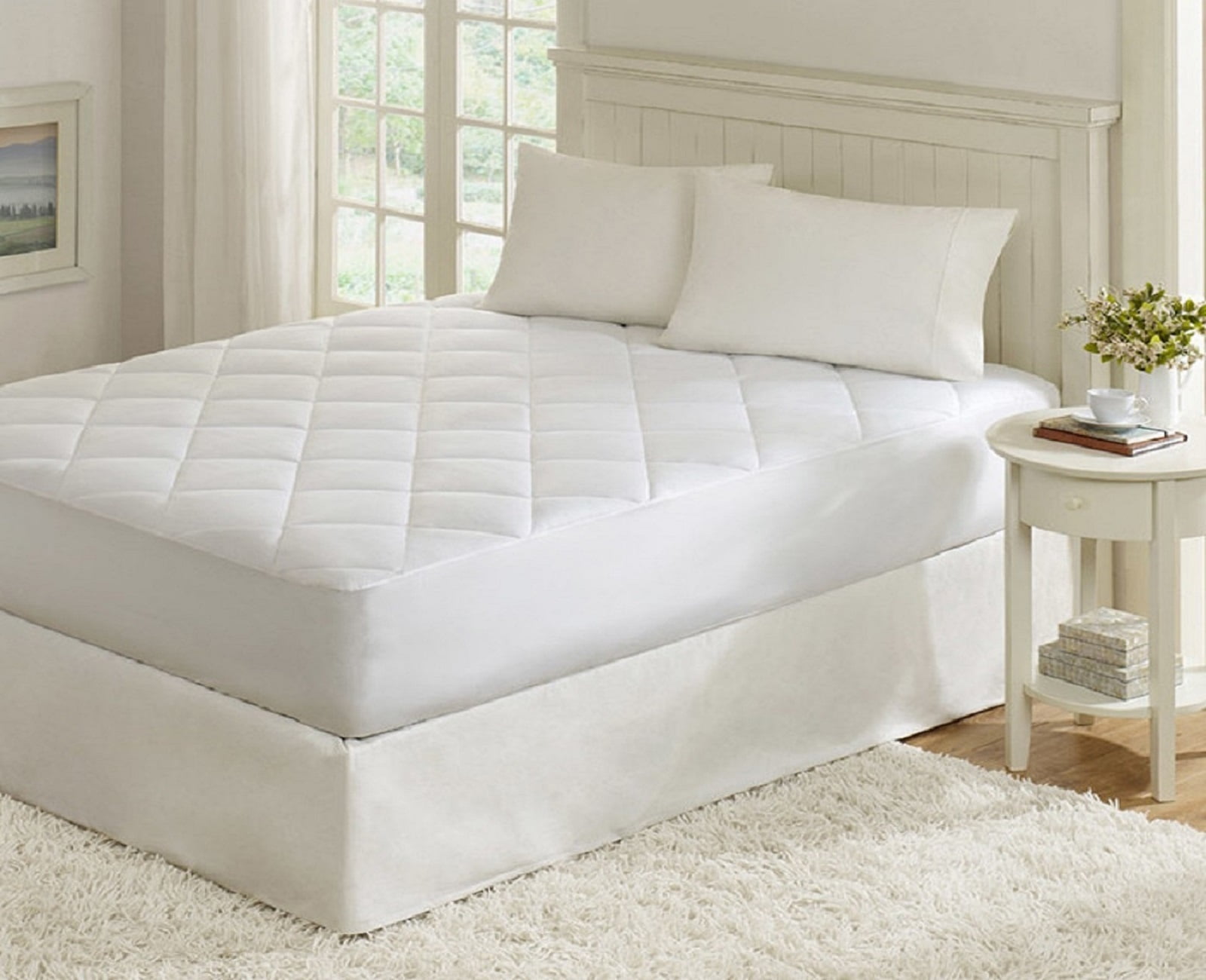 Accidents happen, and spills or stains on your mattress can be a nightmare to clean. However, with a
mattress protector
, all you need to do is remove and wash it, rather than trying to clean your entire mattress. This makes maintenance and cleaning a breeze, saving you time and effort in the long run.
Accidents happen, and spills or stains on your mattress can be a nightmare to clean. However, with a
mattress protector
, all you need to do is remove and wash it, rather than trying to clean your entire mattress. This makes maintenance and cleaning a breeze, saving you time and effort in the long run.
Enhance Your Sleep Experience
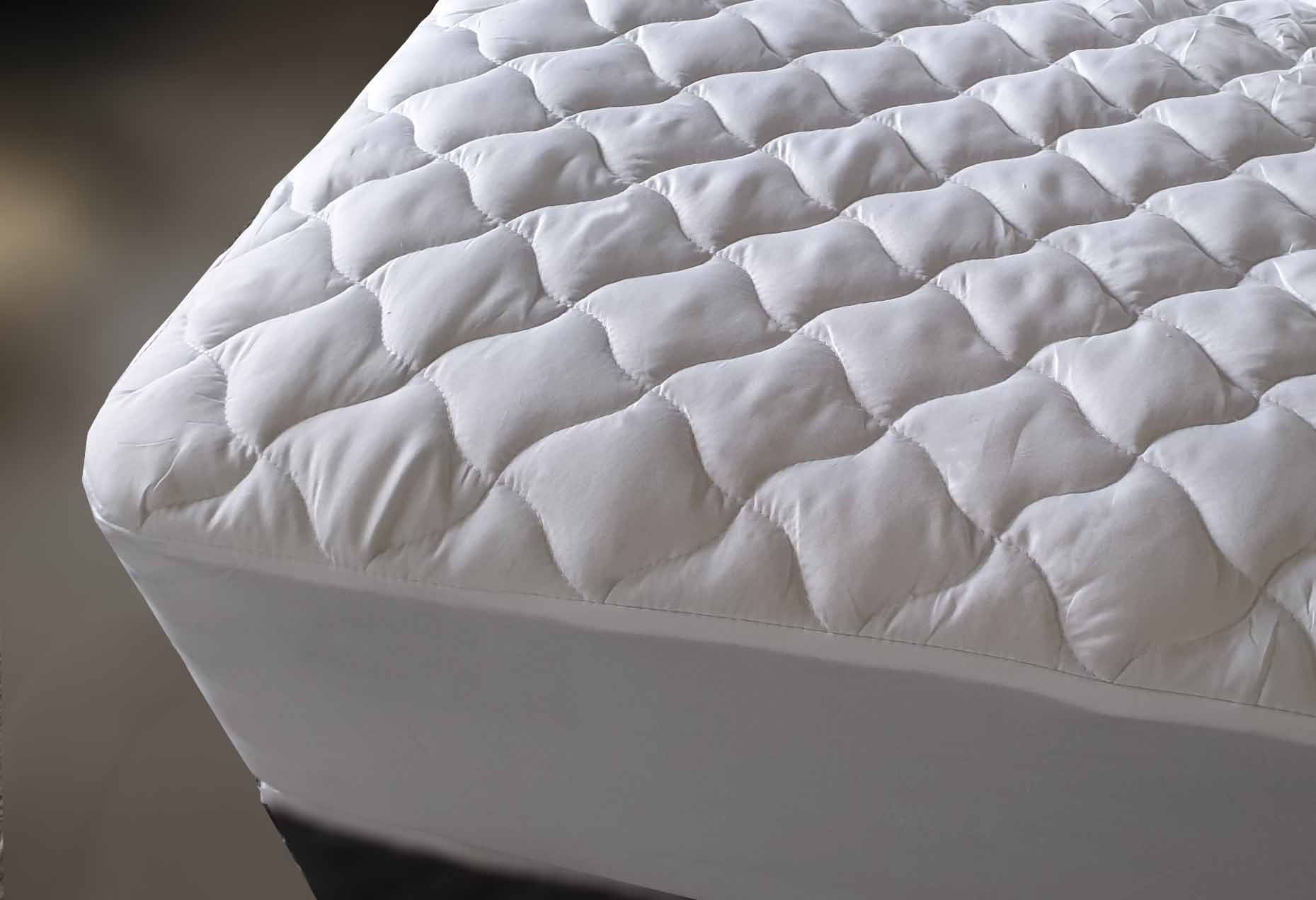 A
mattress protector
can also improve your sleep experience by providing an extra layer of comfort and support. Some mattress protectors are designed with additional padding or cooling properties, making your mattress feel more comfortable and helping you get a better night's sleep.
In conclusion, investing in a
mattress protector
is a wise decision for maintaining the quality and cleanliness of your mattress. It not only protects your mattress from spills and stains, but also promotes a healthier sleep environment and enhances your overall sleep experience. Don't wait until it's too late – start protecting your mattress today.
A
mattress protector
can also improve your sleep experience by providing an extra layer of comfort and support. Some mattress protectors are designed with additional padding or cooling properties, making your mattress feel more comfortable and helping you get a better night's sleep.
In conclusion, investing in a
mattress protector
is a wise decision for maintaining the quality and cleanliness of your mattress. It not only protects your mattress from spills and stains, but also promotes a healthier sleep environment and enhances your overall sleep experience. Don't wait until it's too late – start protecting your mattress today.




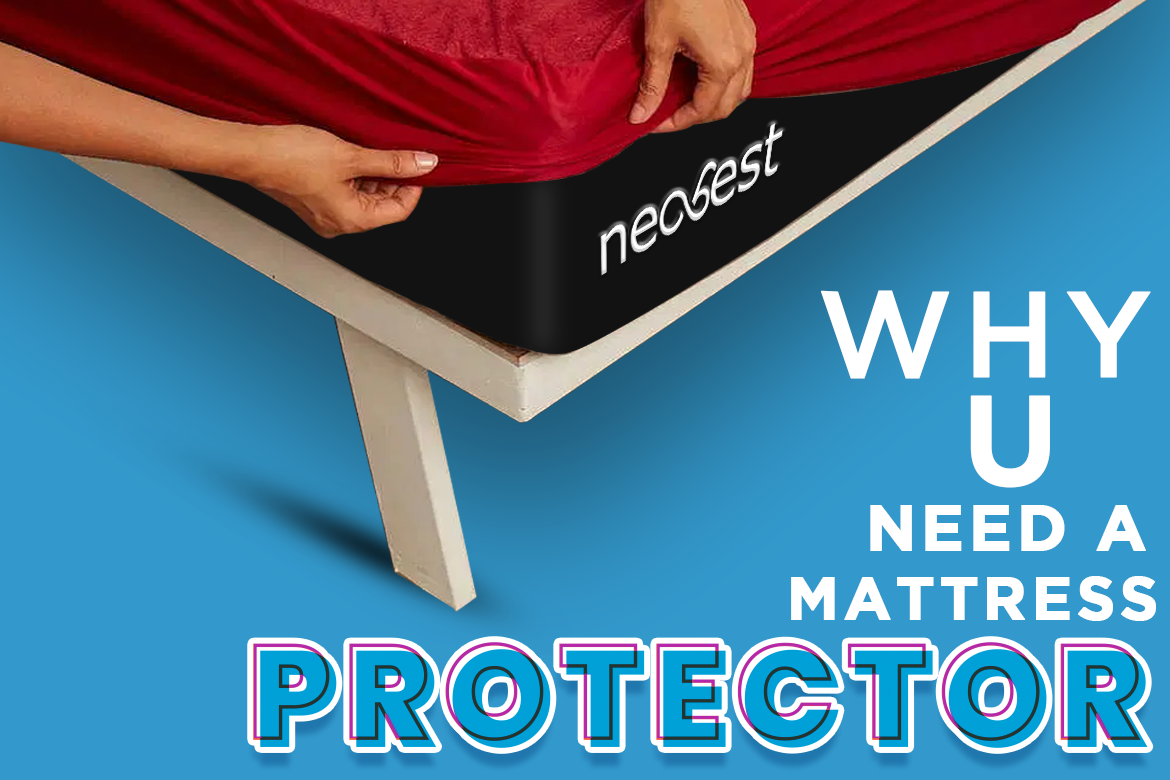

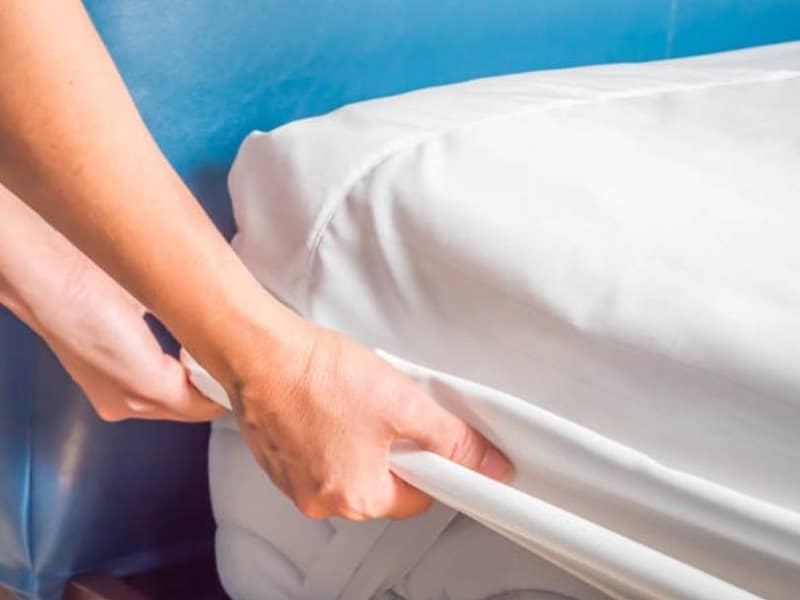
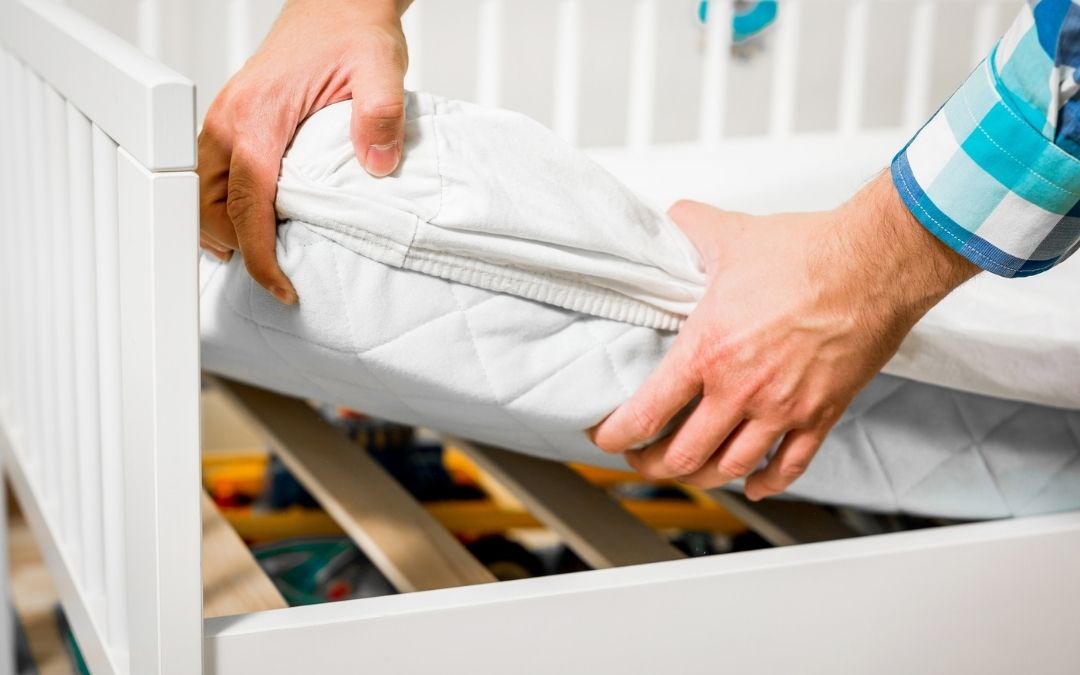

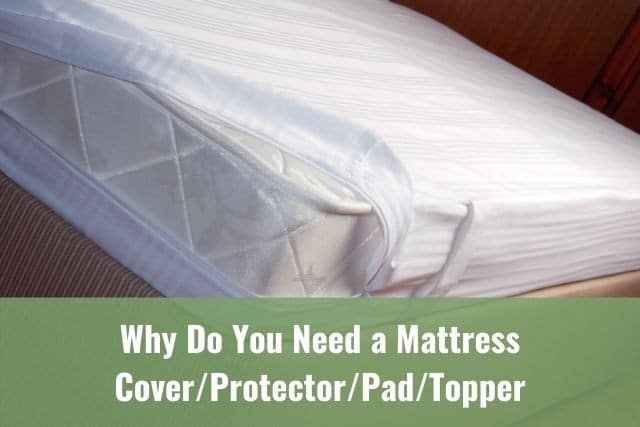




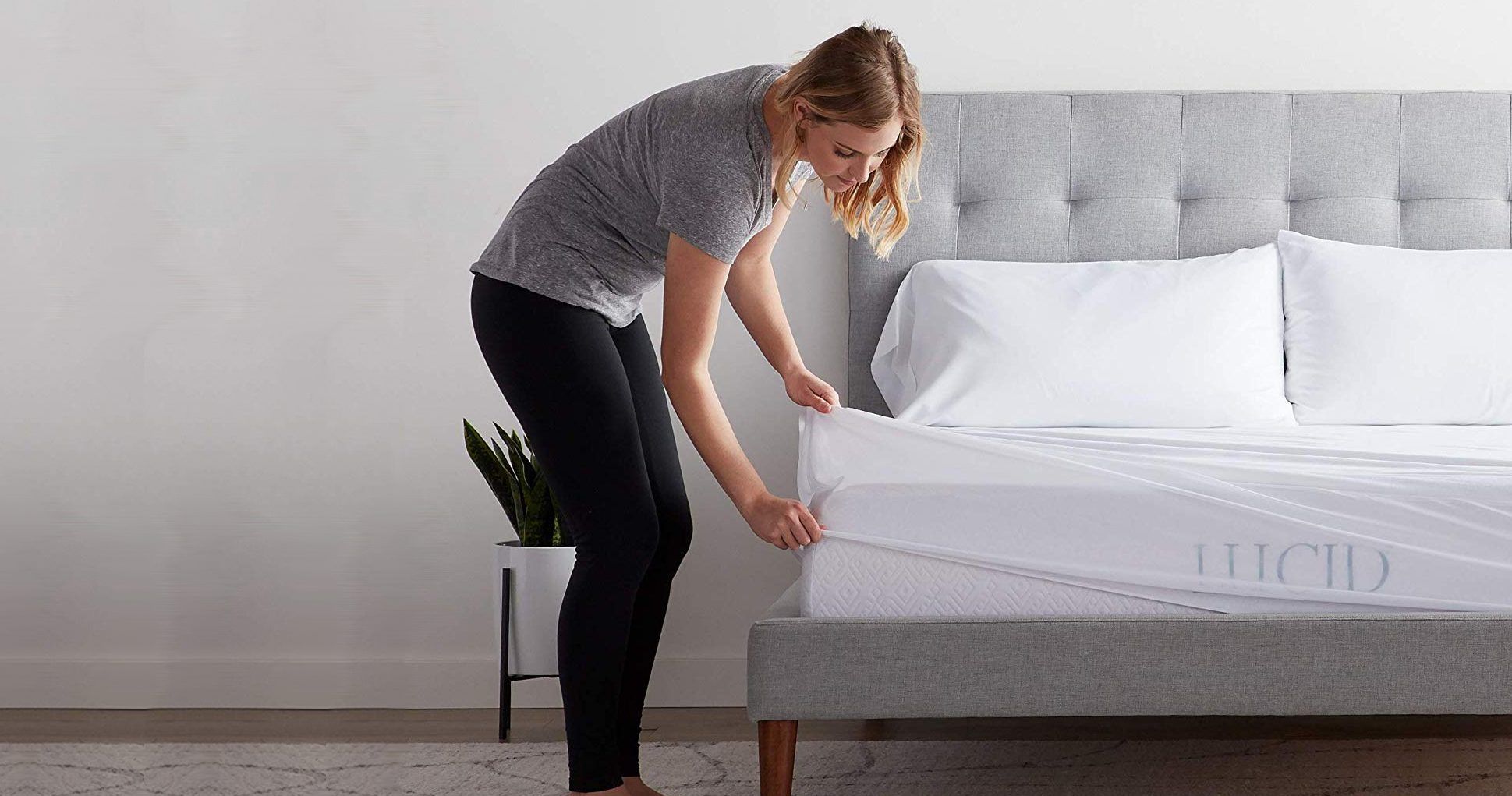

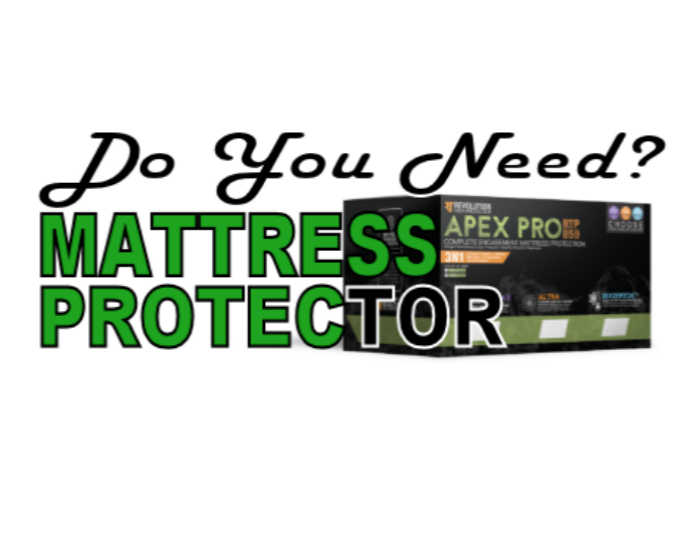



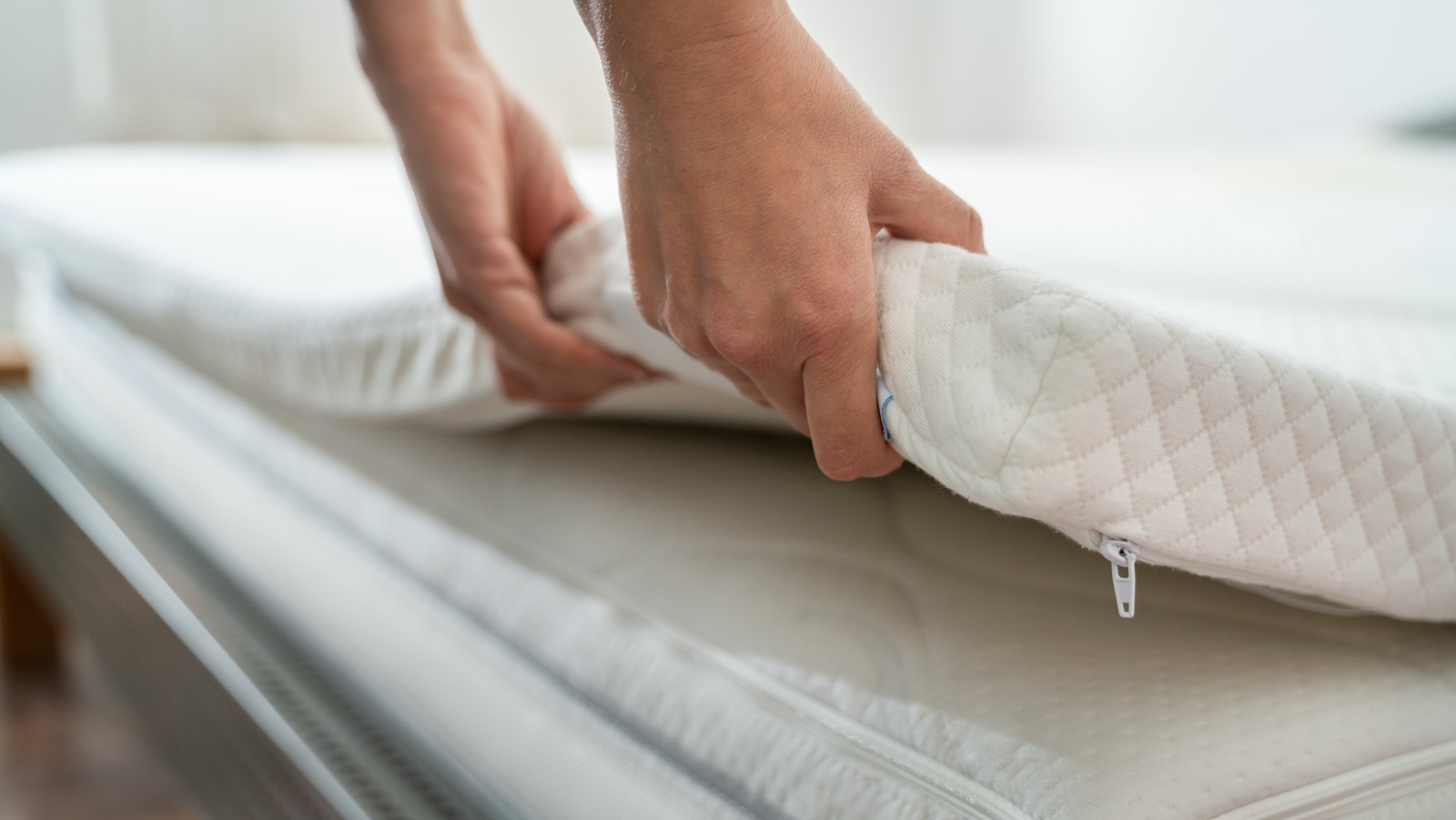
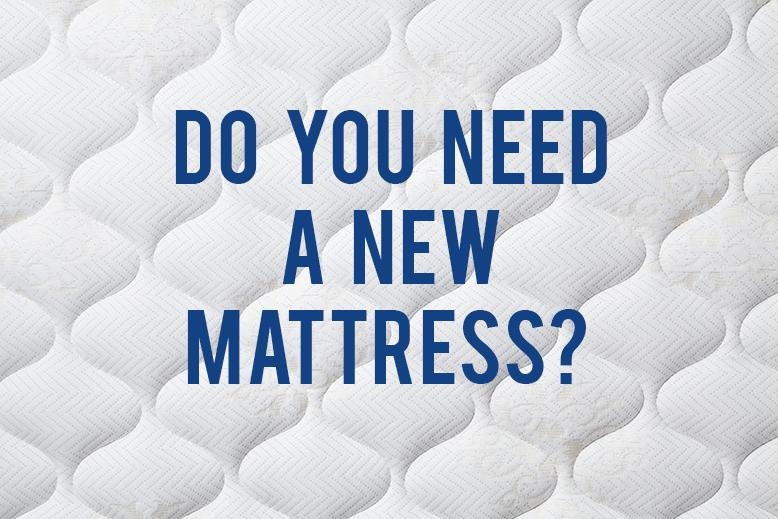








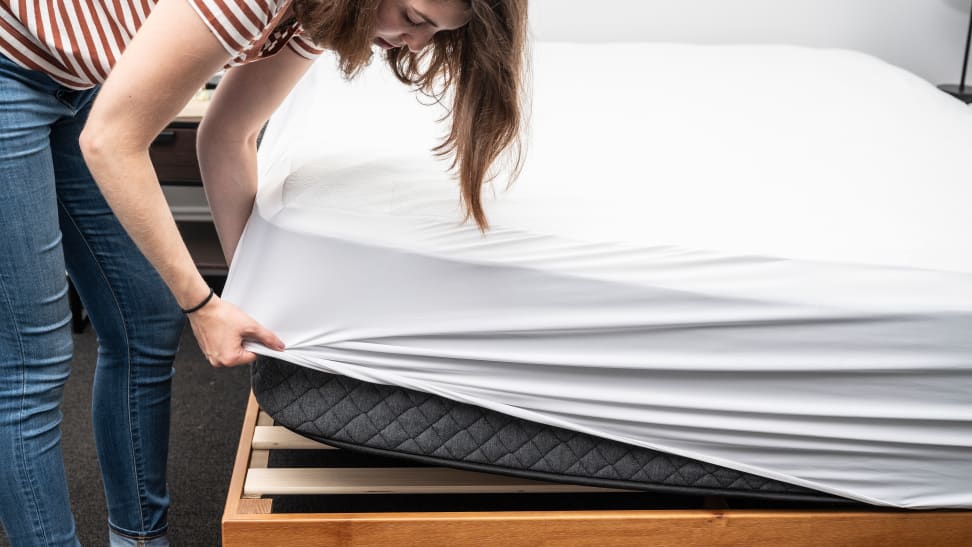






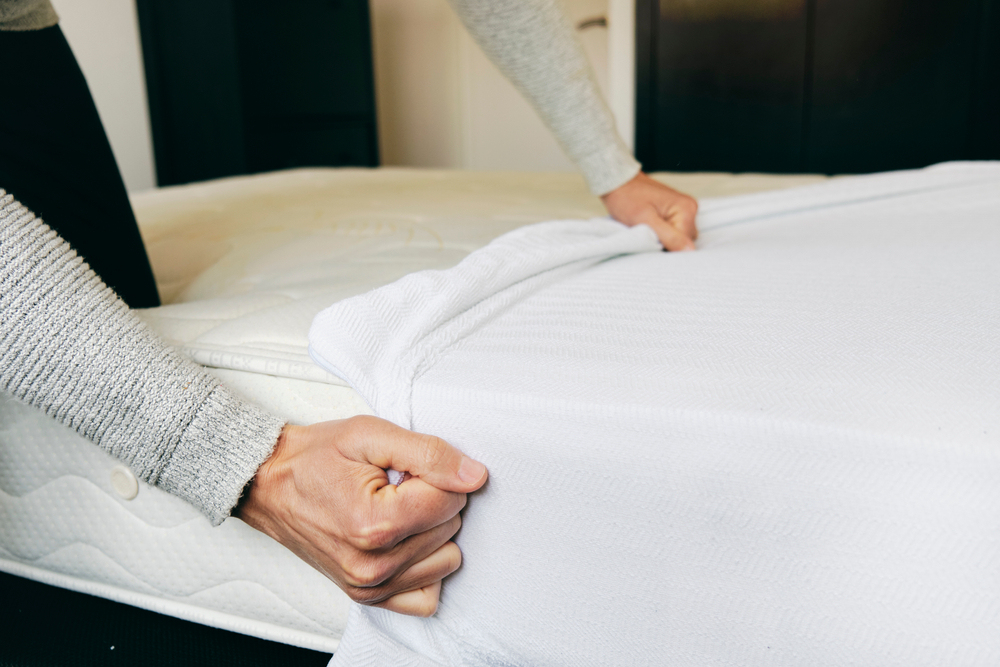
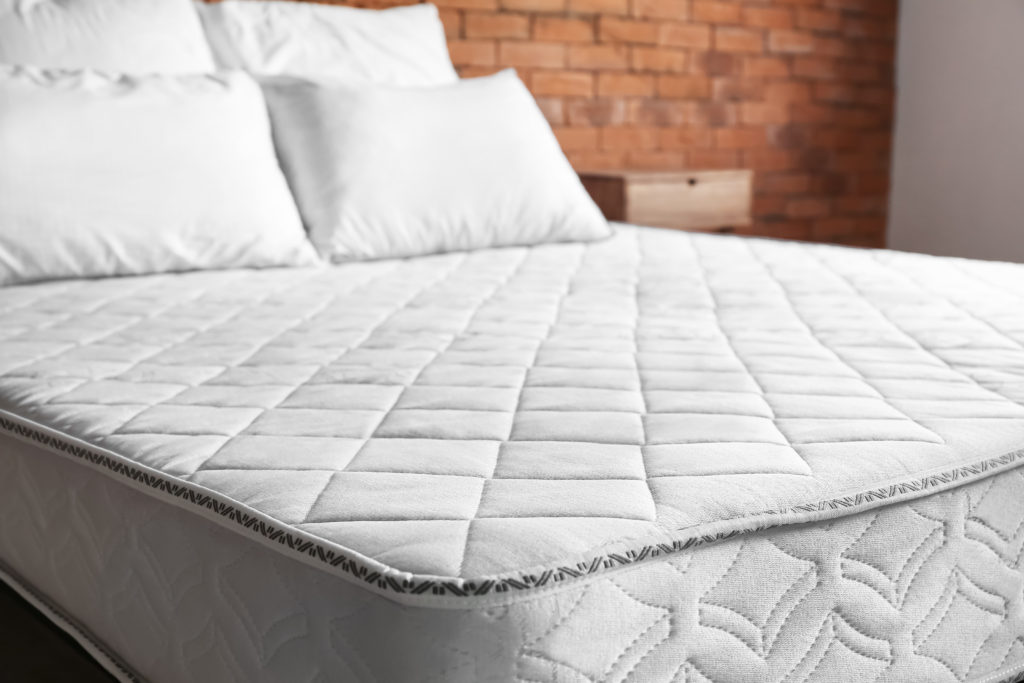




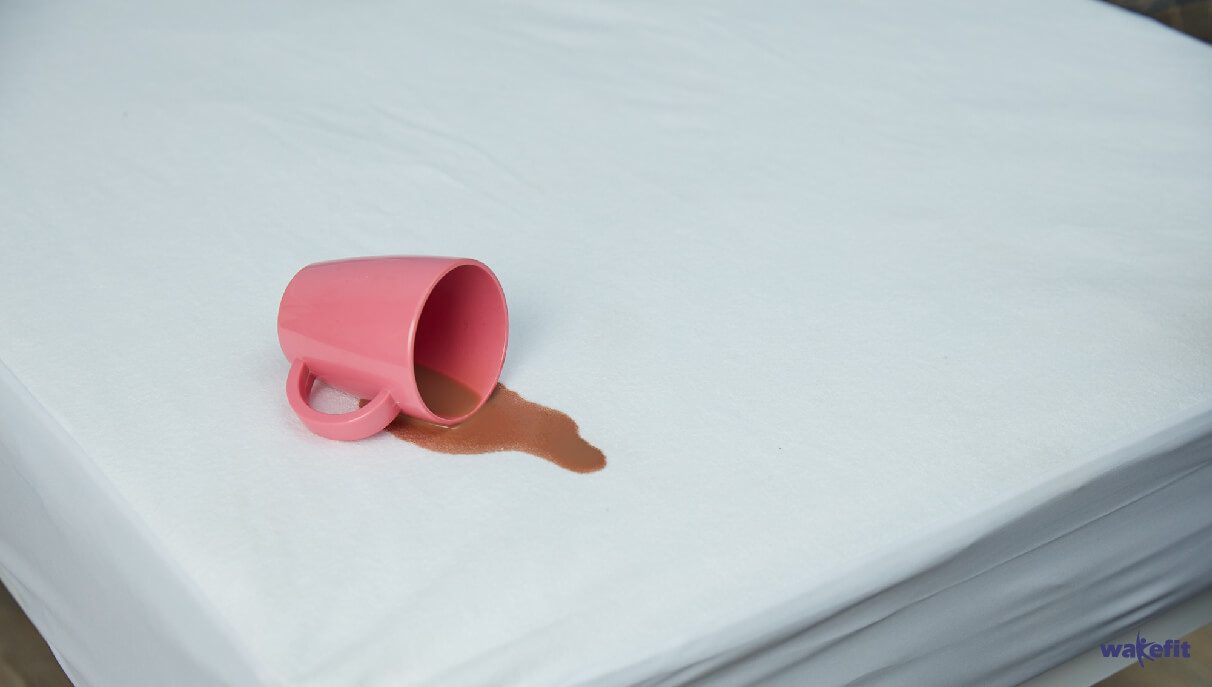
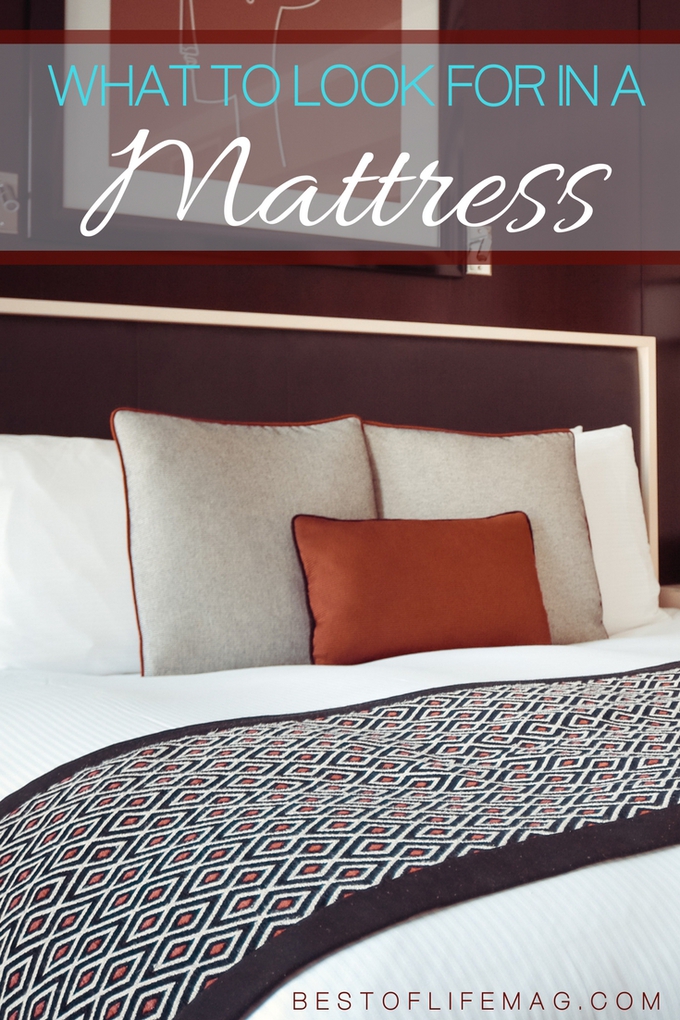

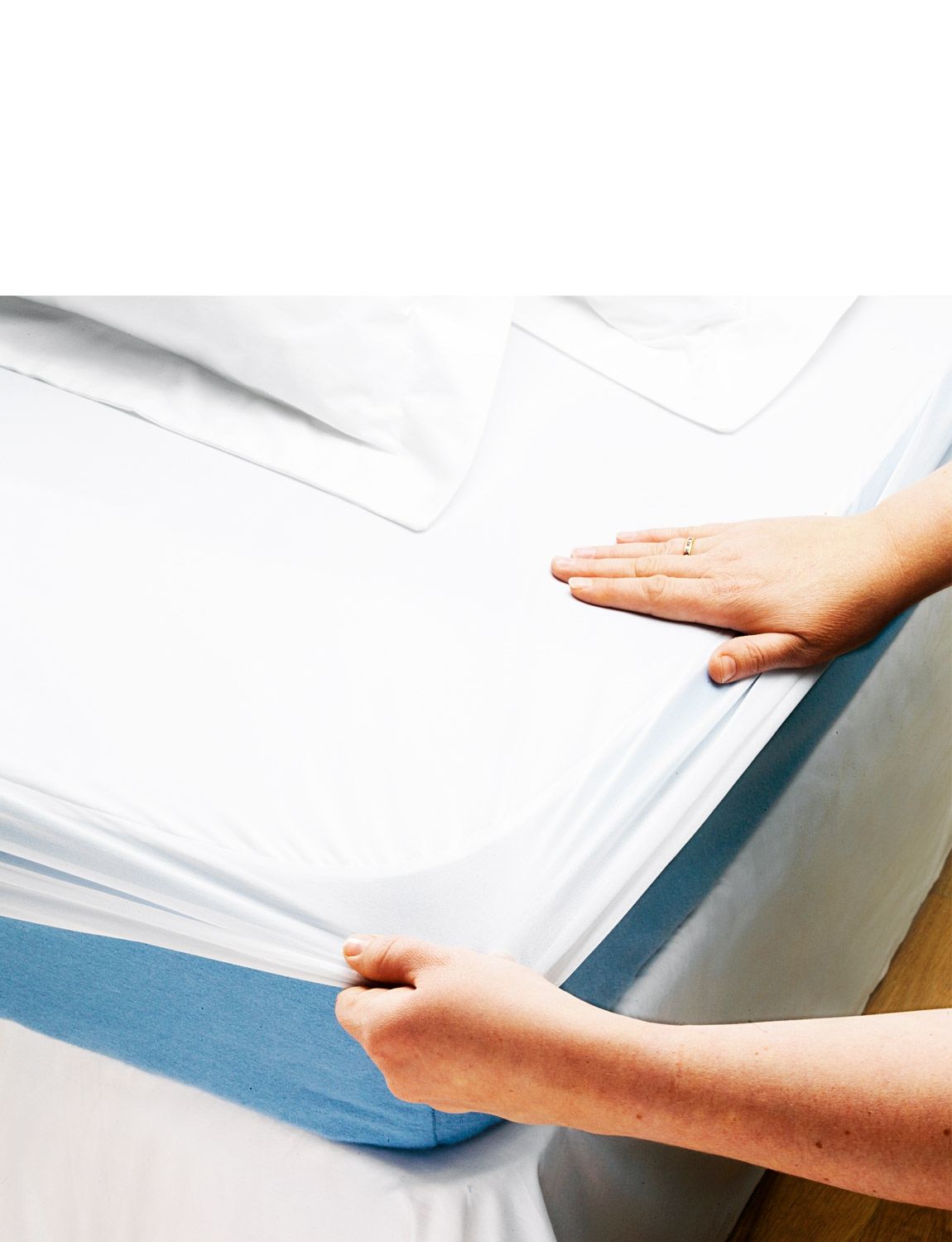

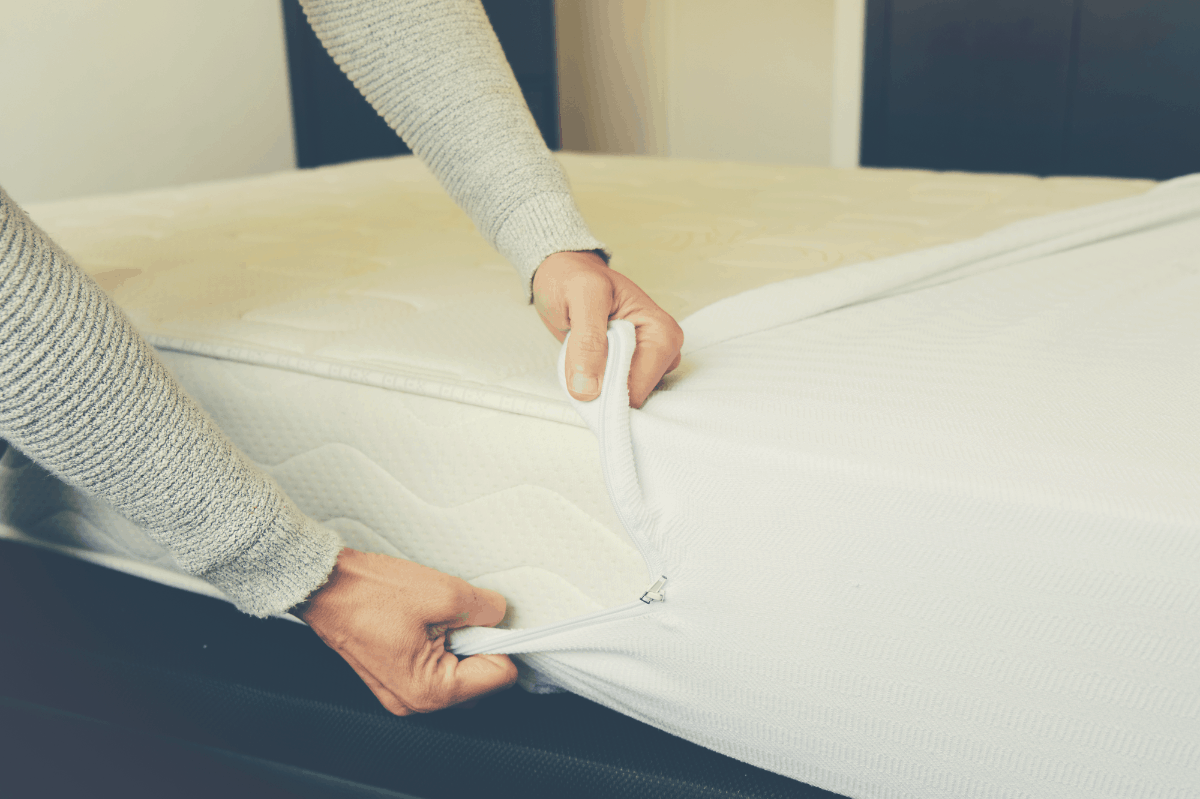
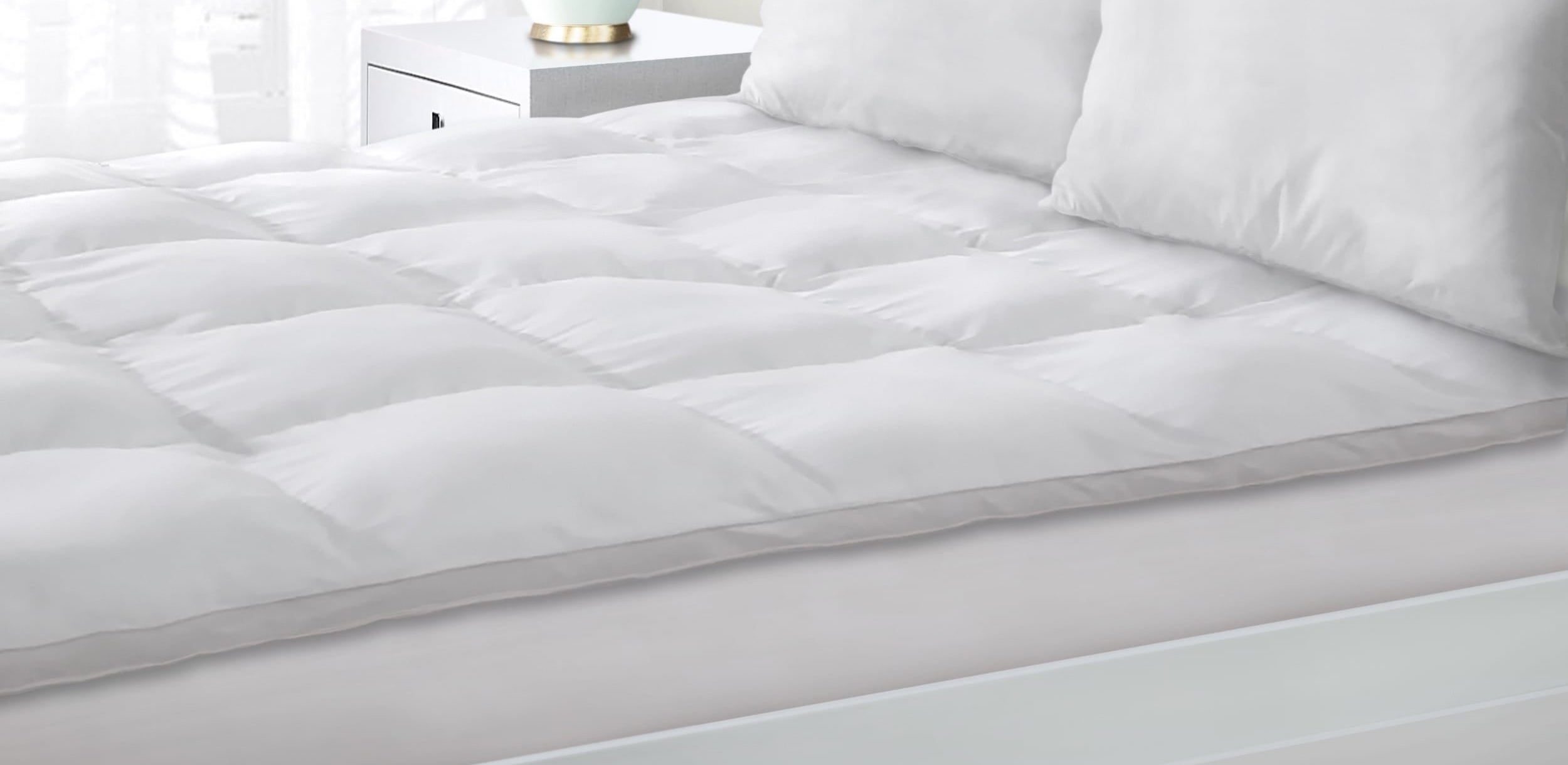

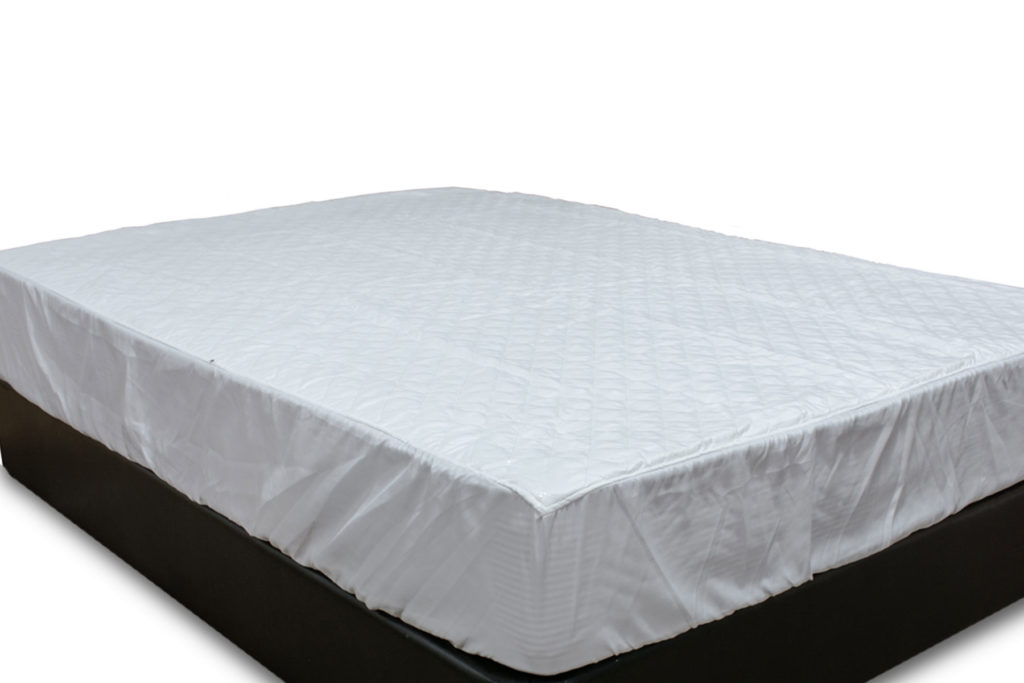
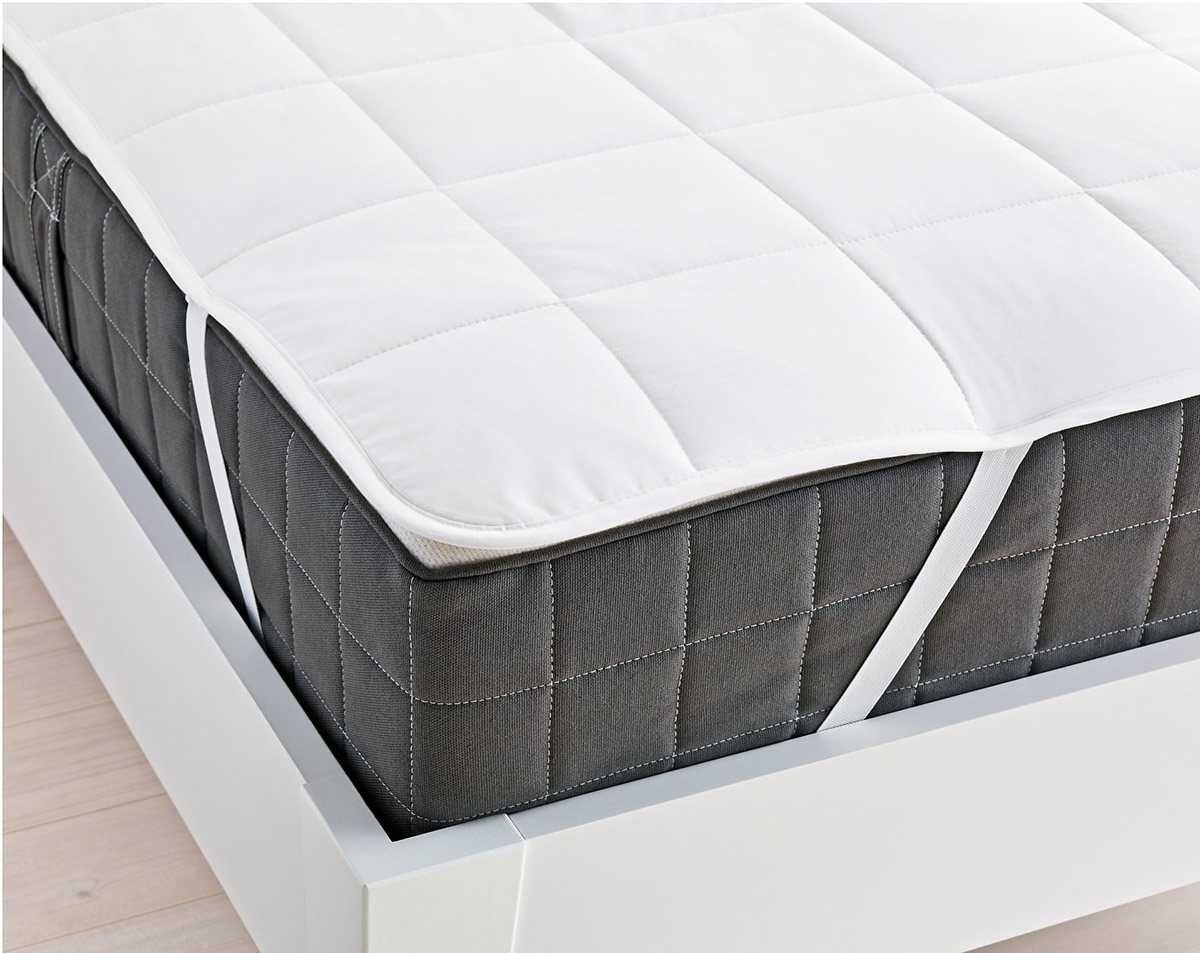

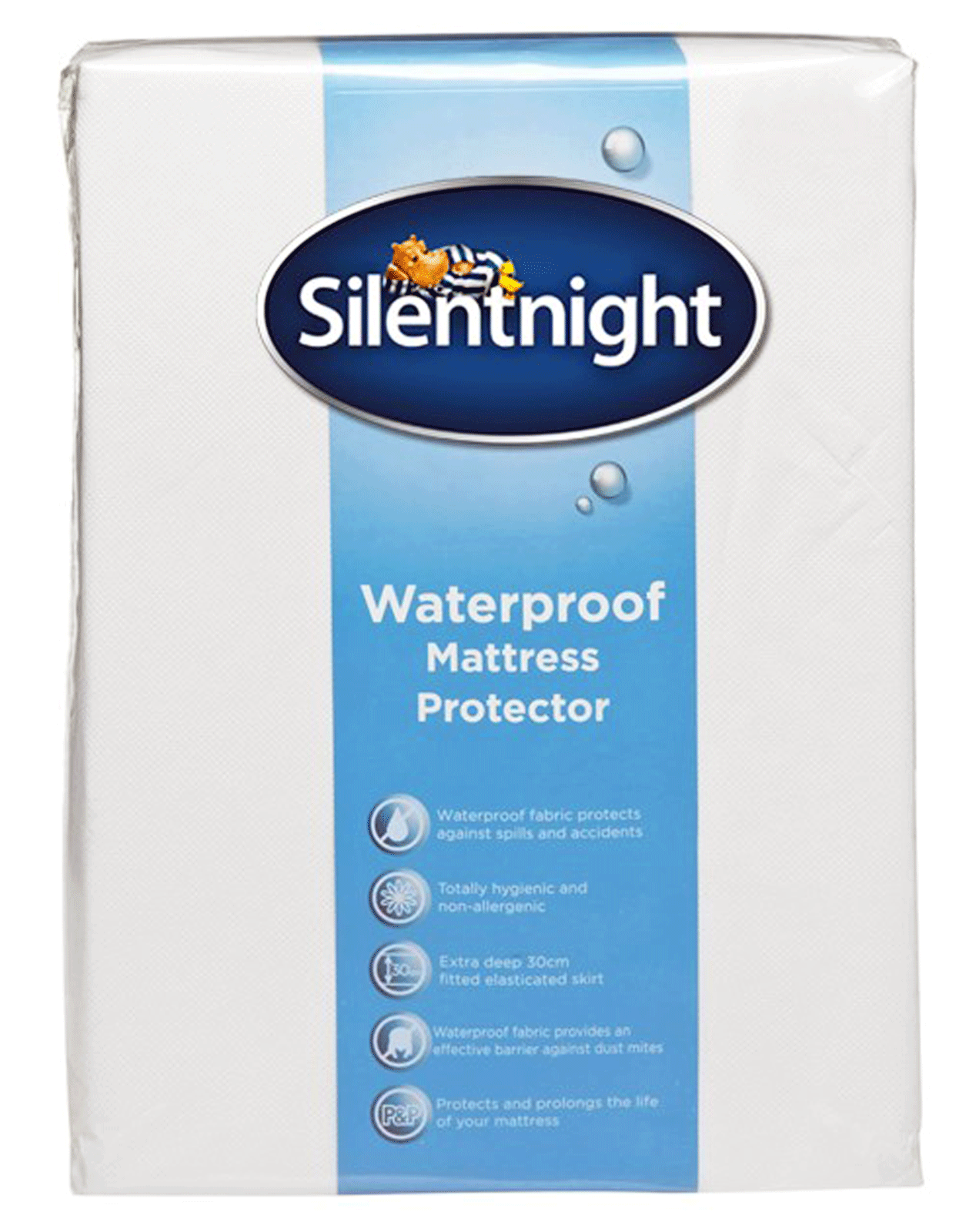
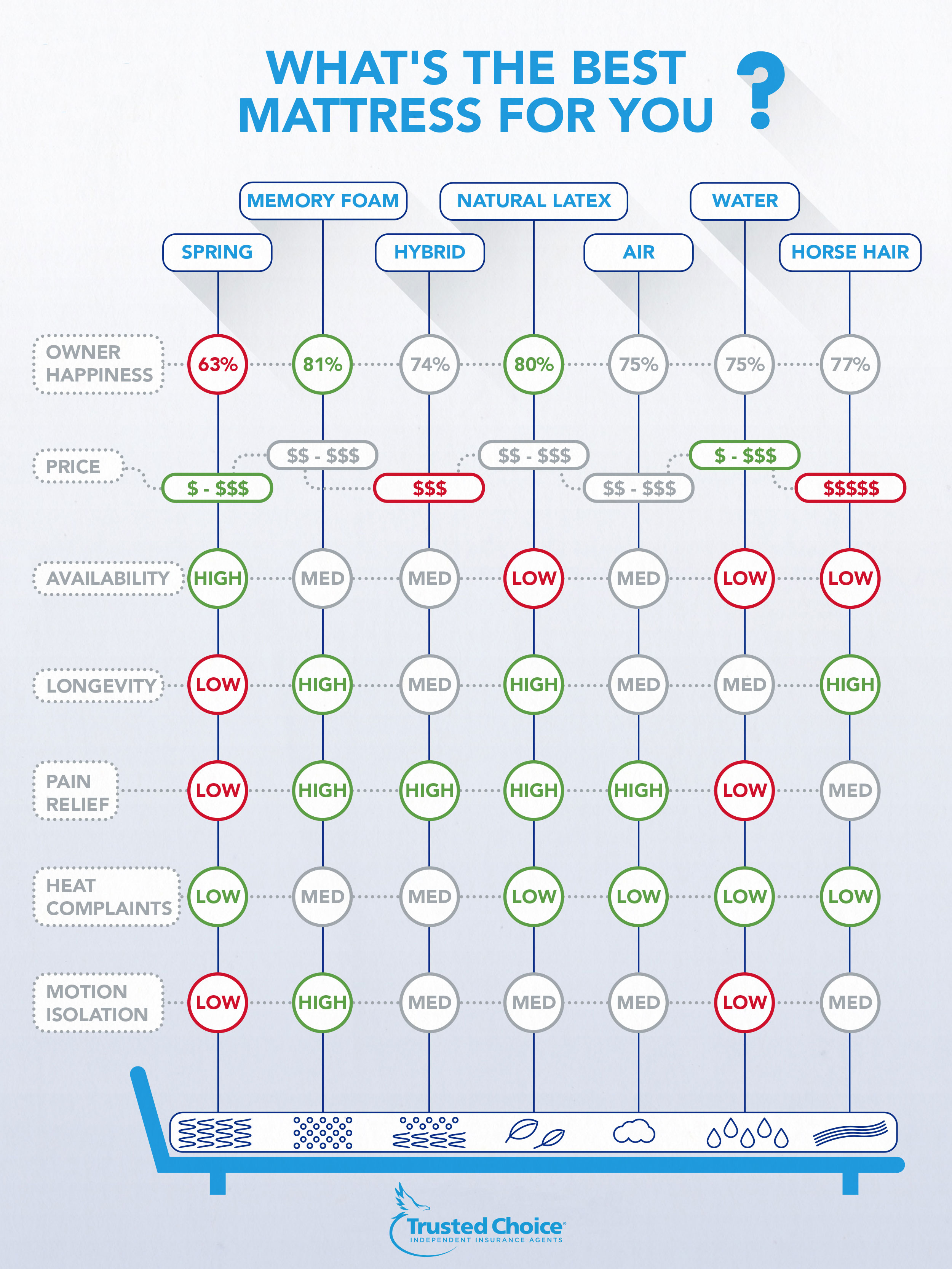
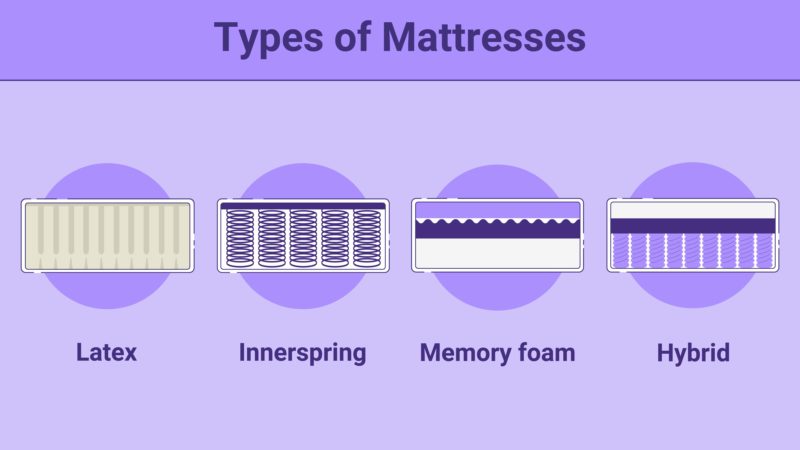

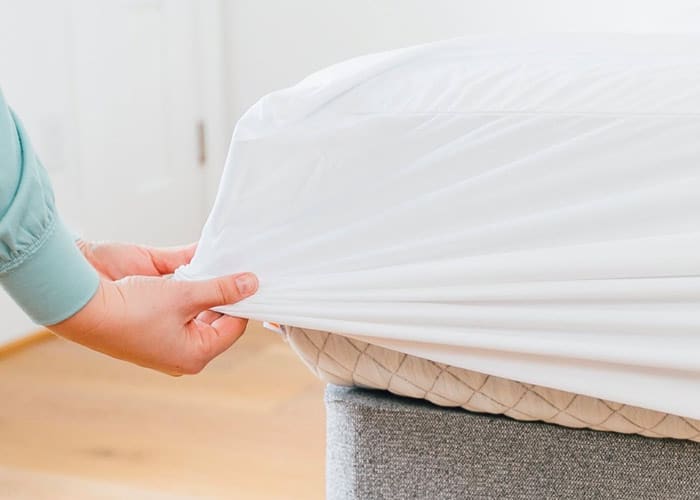

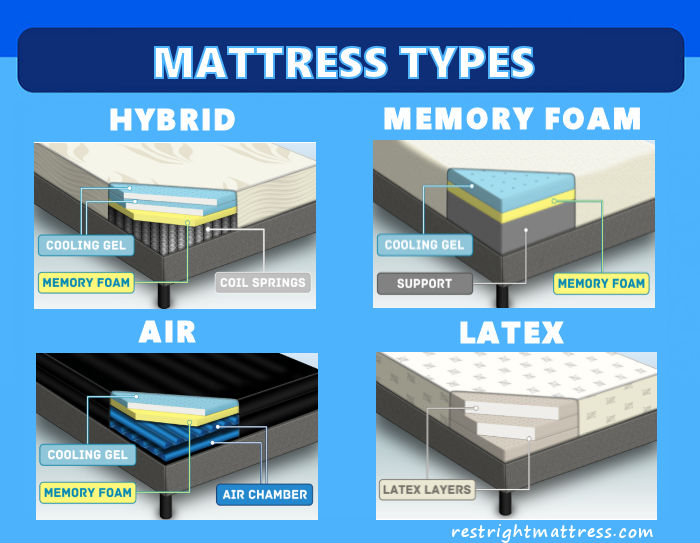
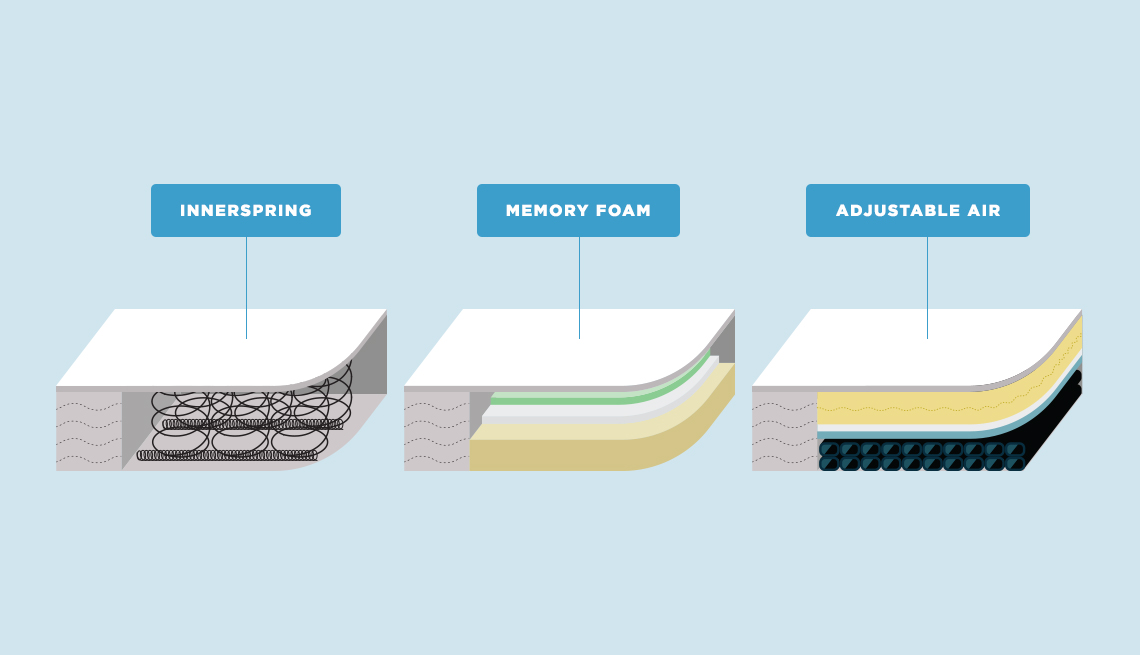
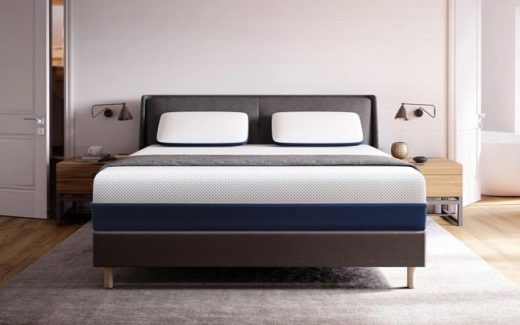

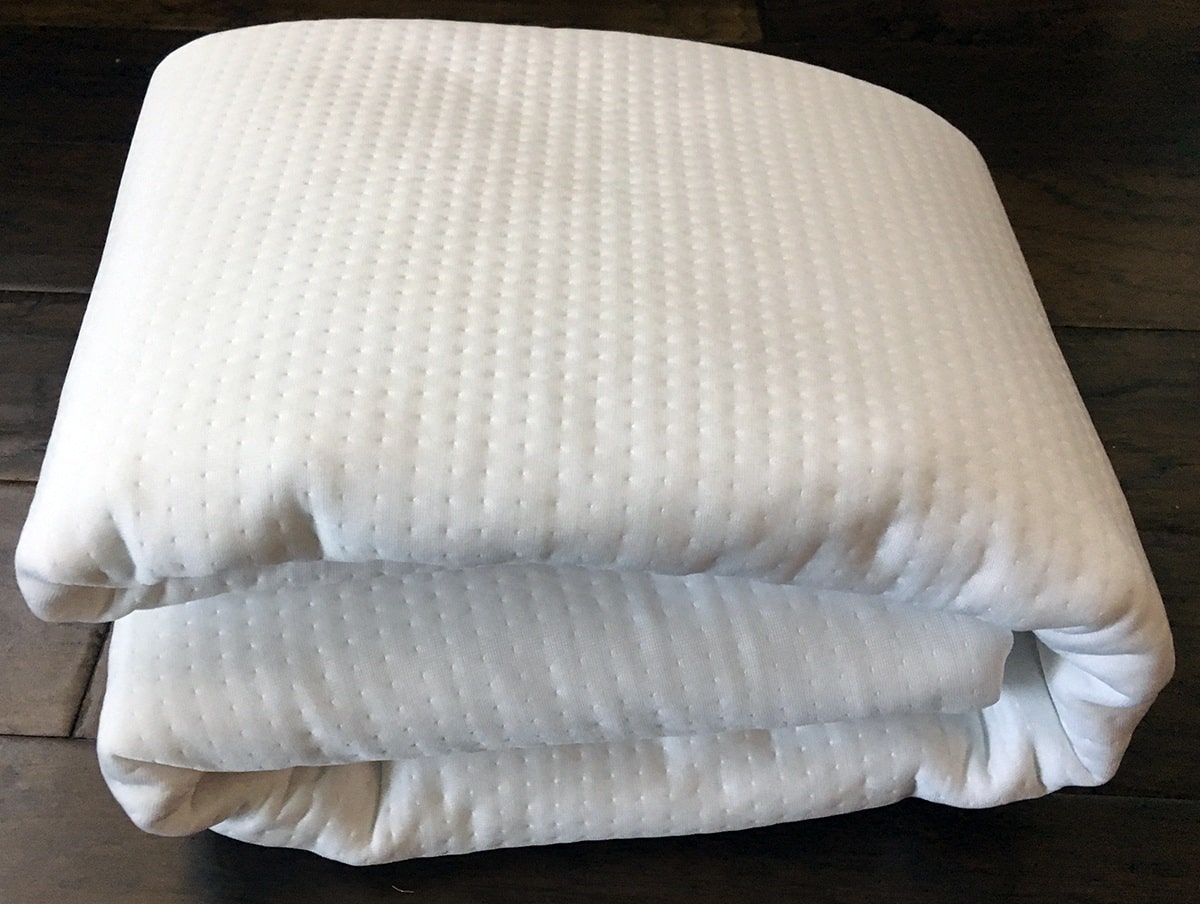



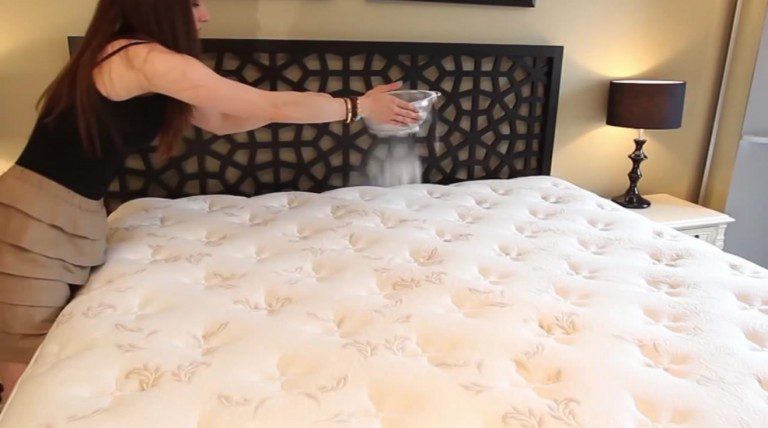

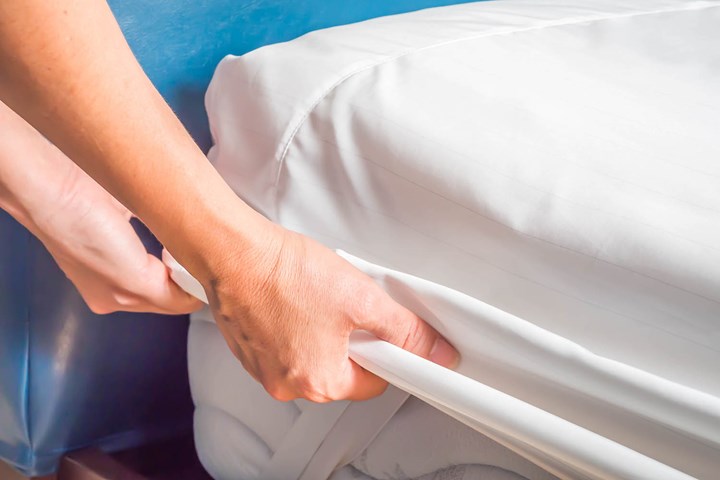


:max_bytes(150000):strip_icc()/clean-your-mattress-the-natural-way-350742-14-5a99efe91be349449c3178993b367746.jpg)
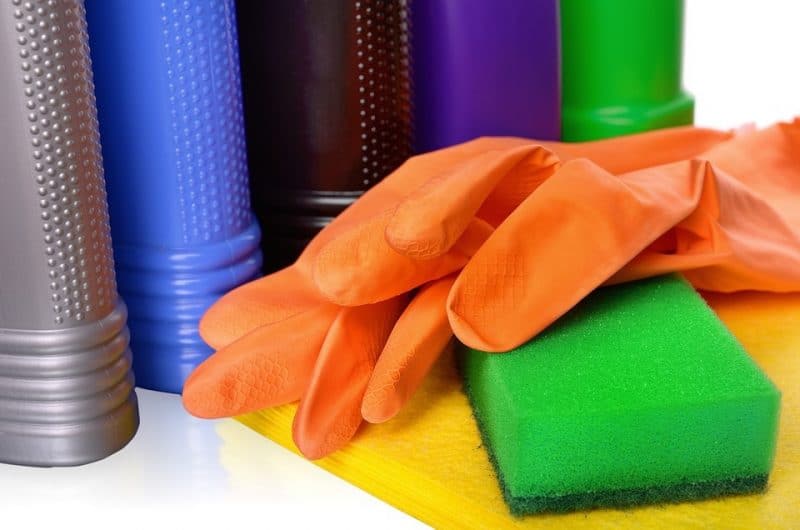
:max_bytes(150000):strip_icc()/clean-your-mattress-the-natural-way-350742-dd95404f7ac54f9b90f09045d9b4e98c.png)

